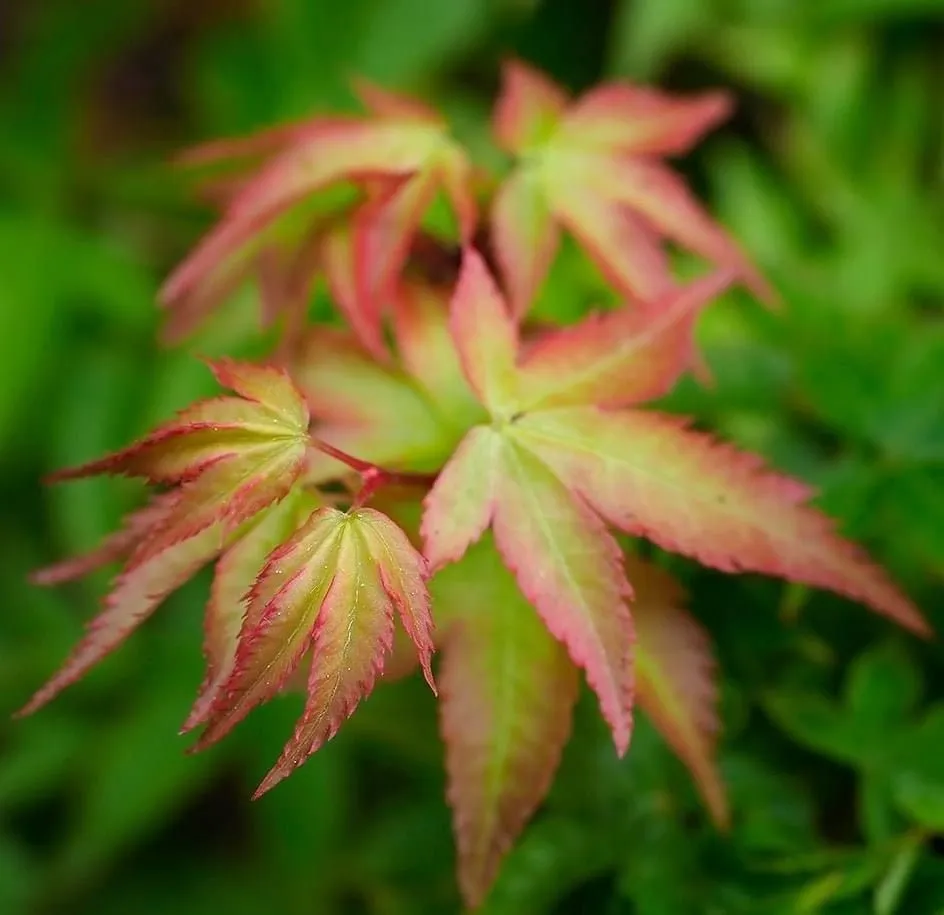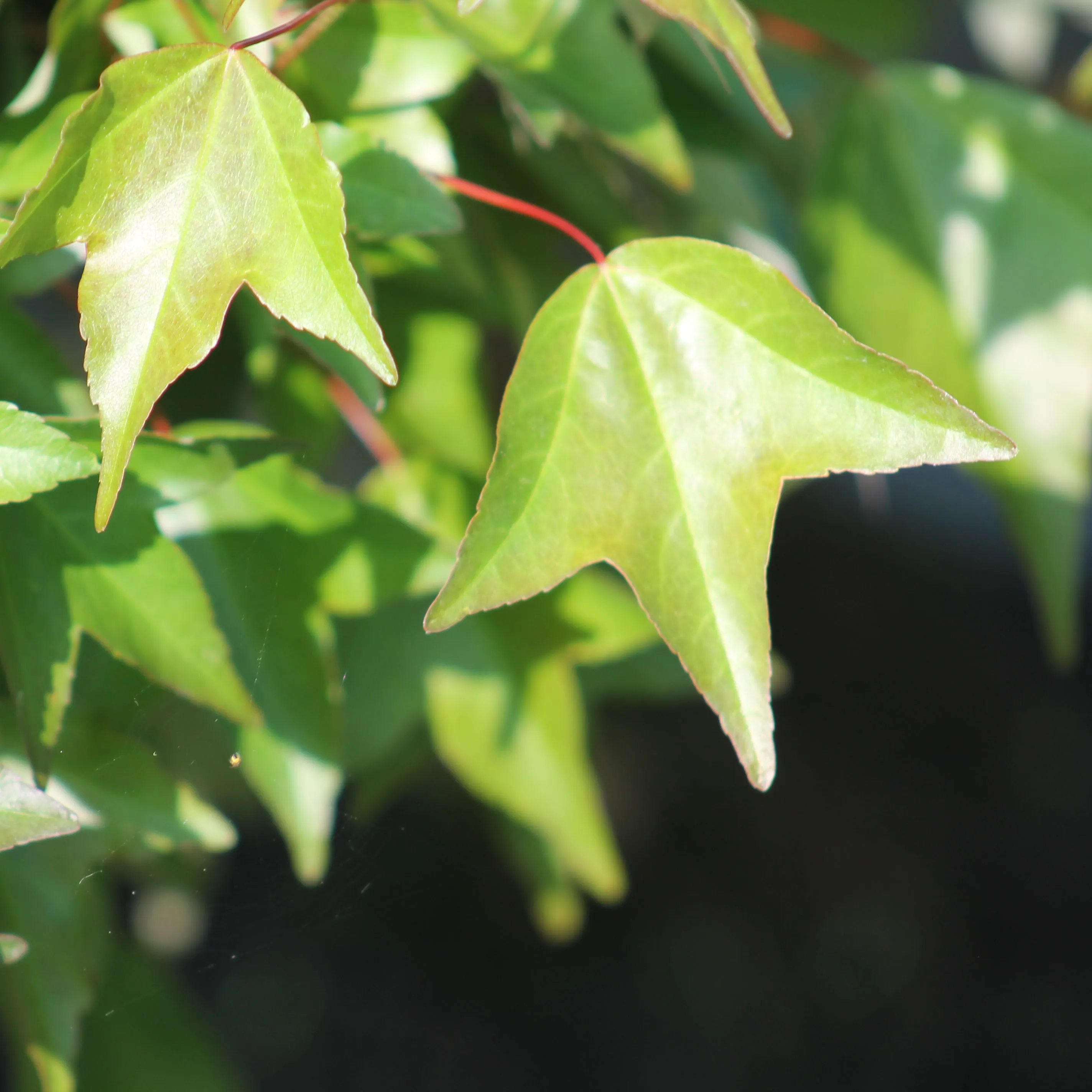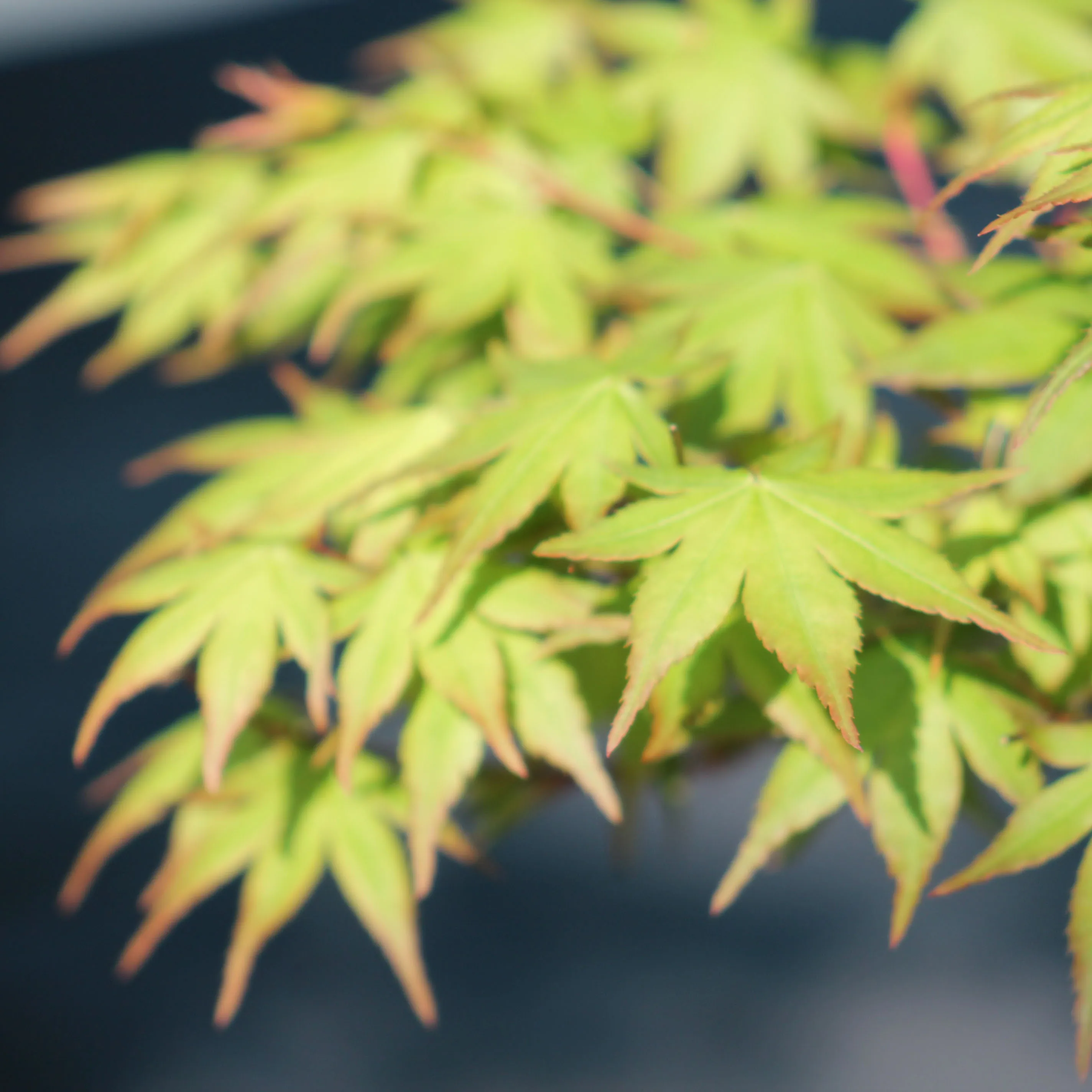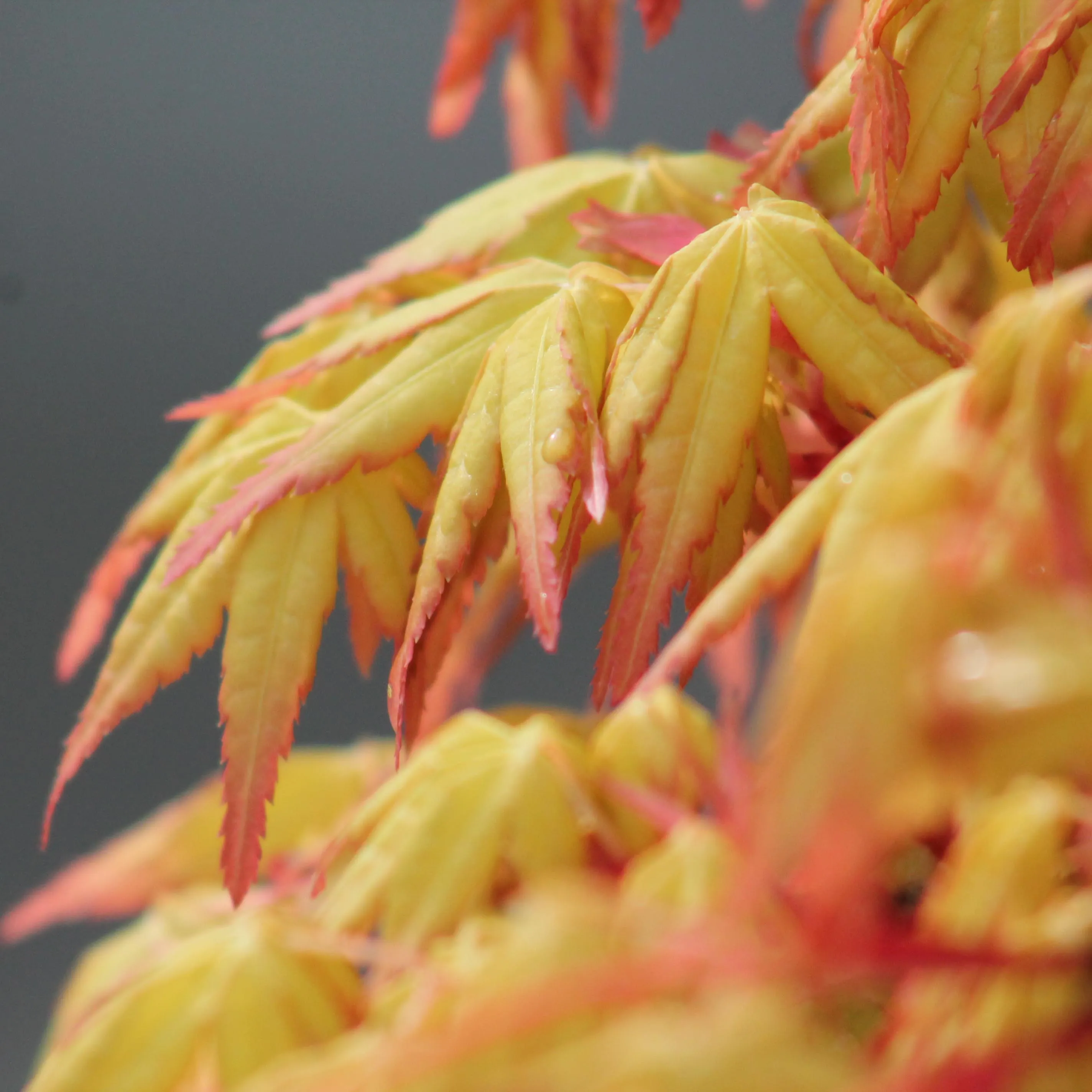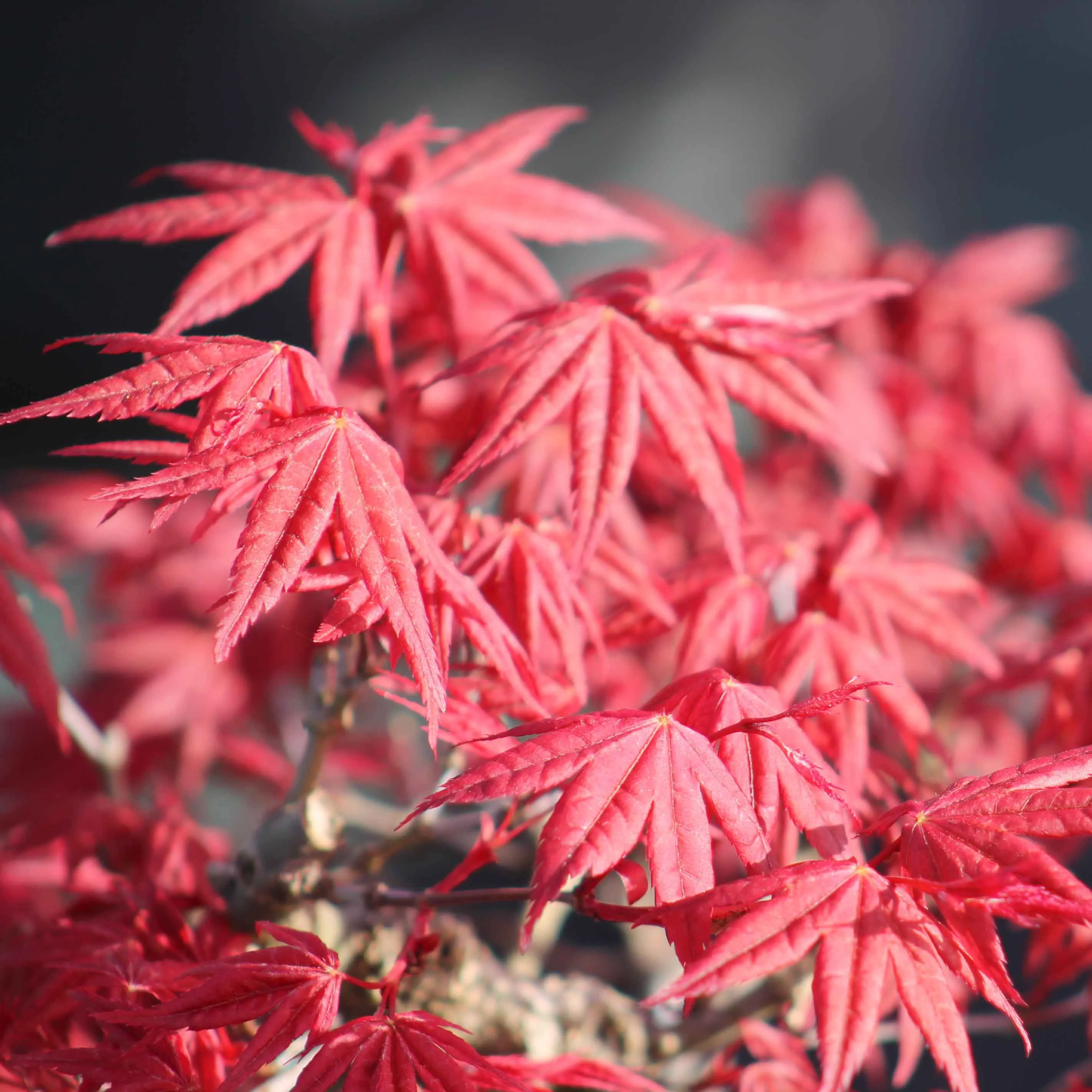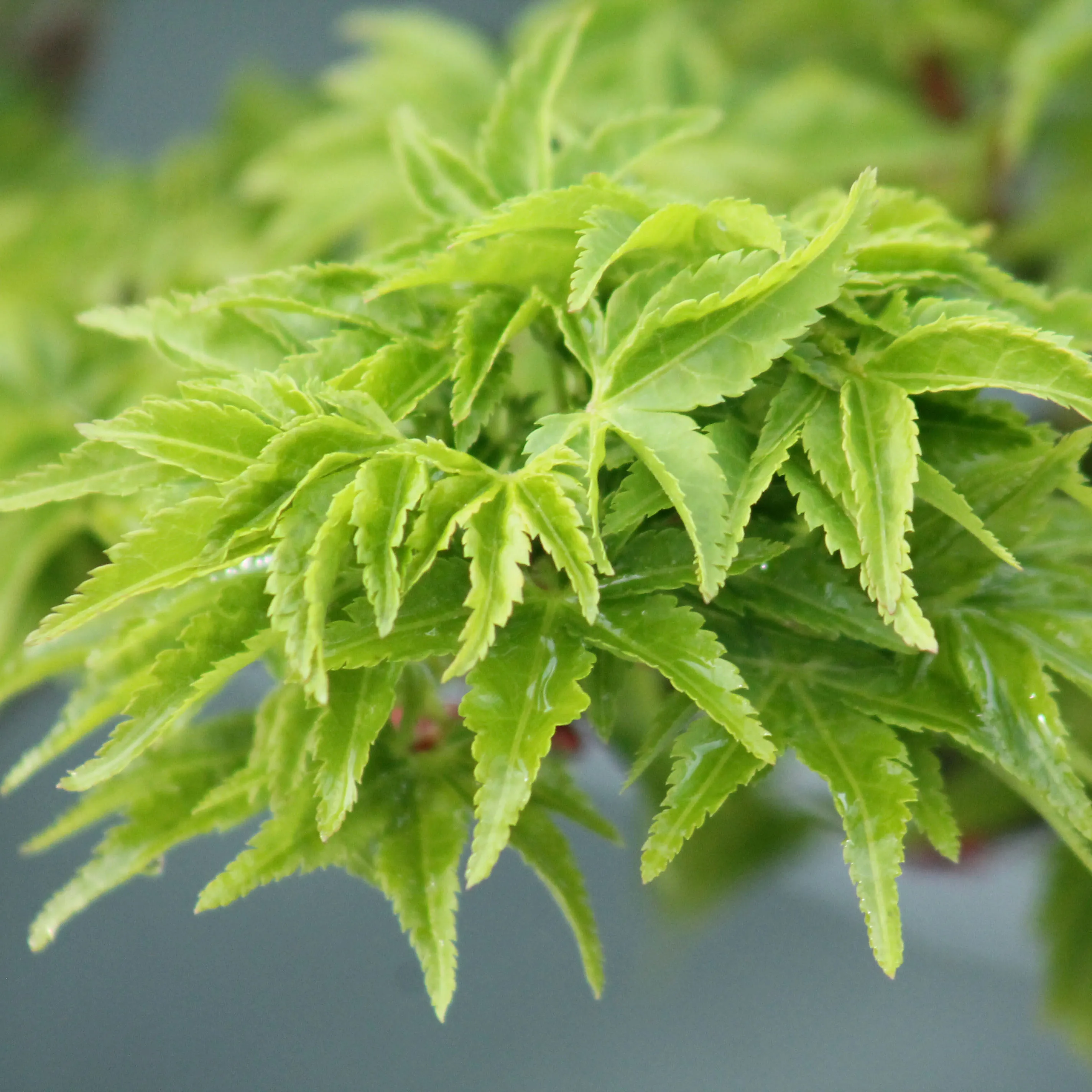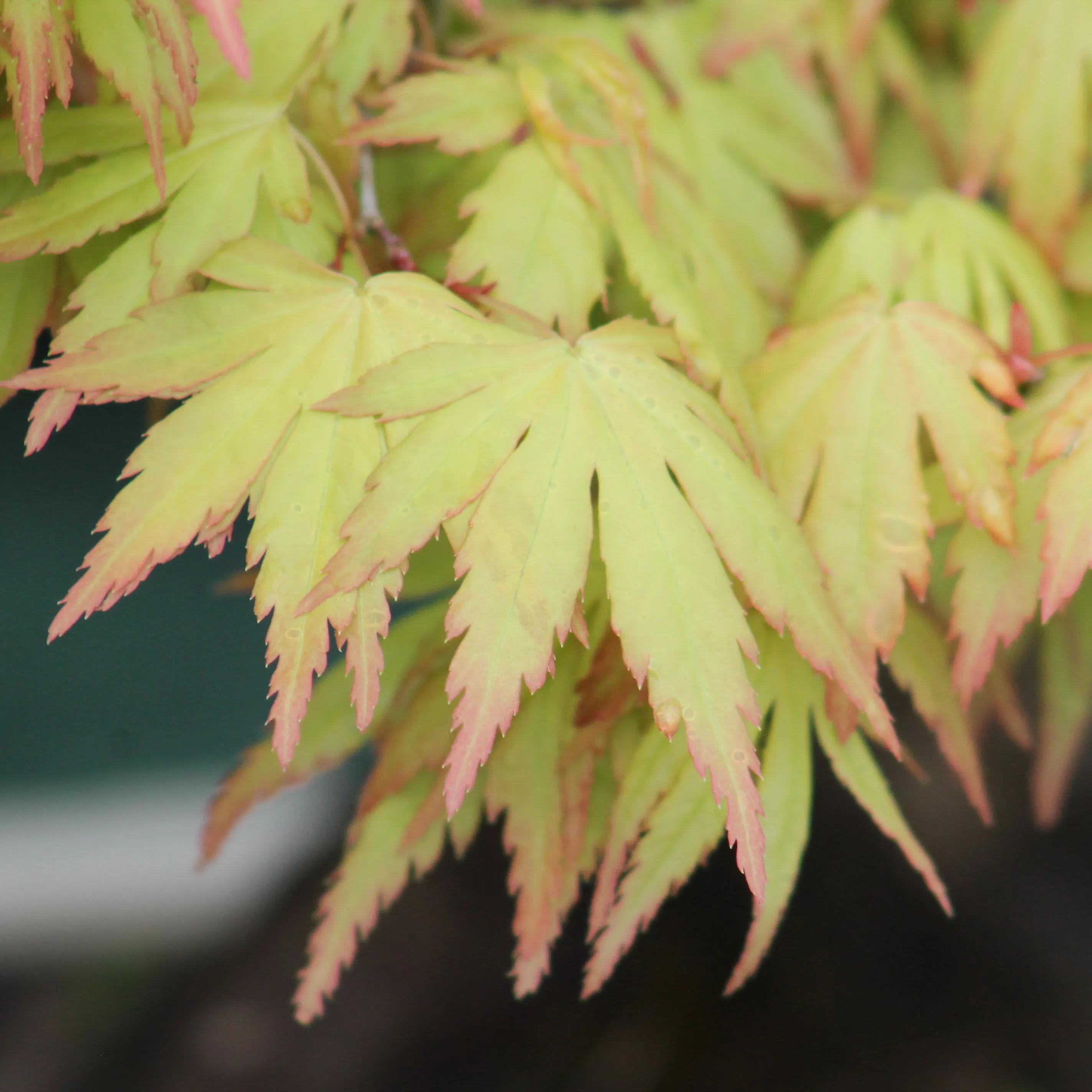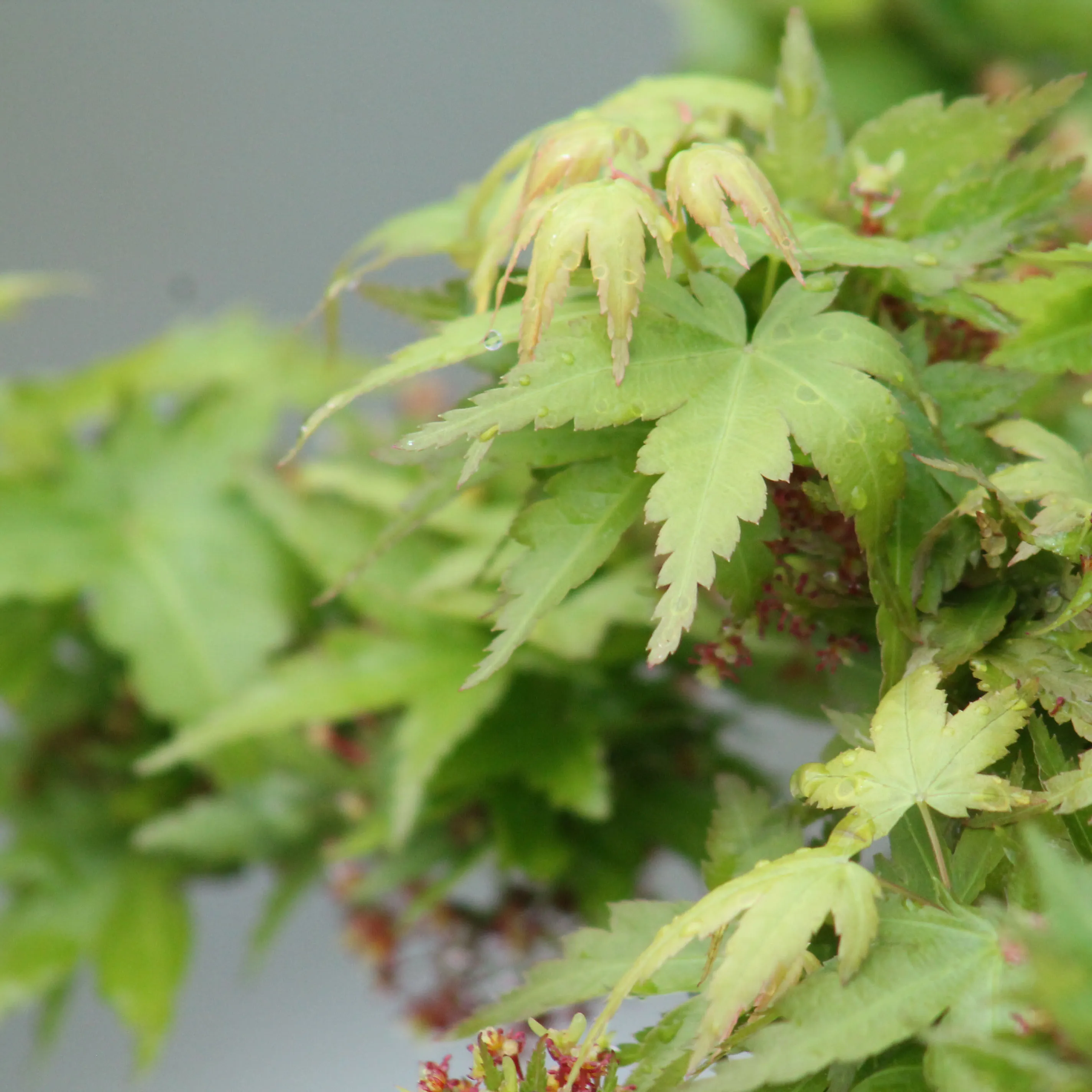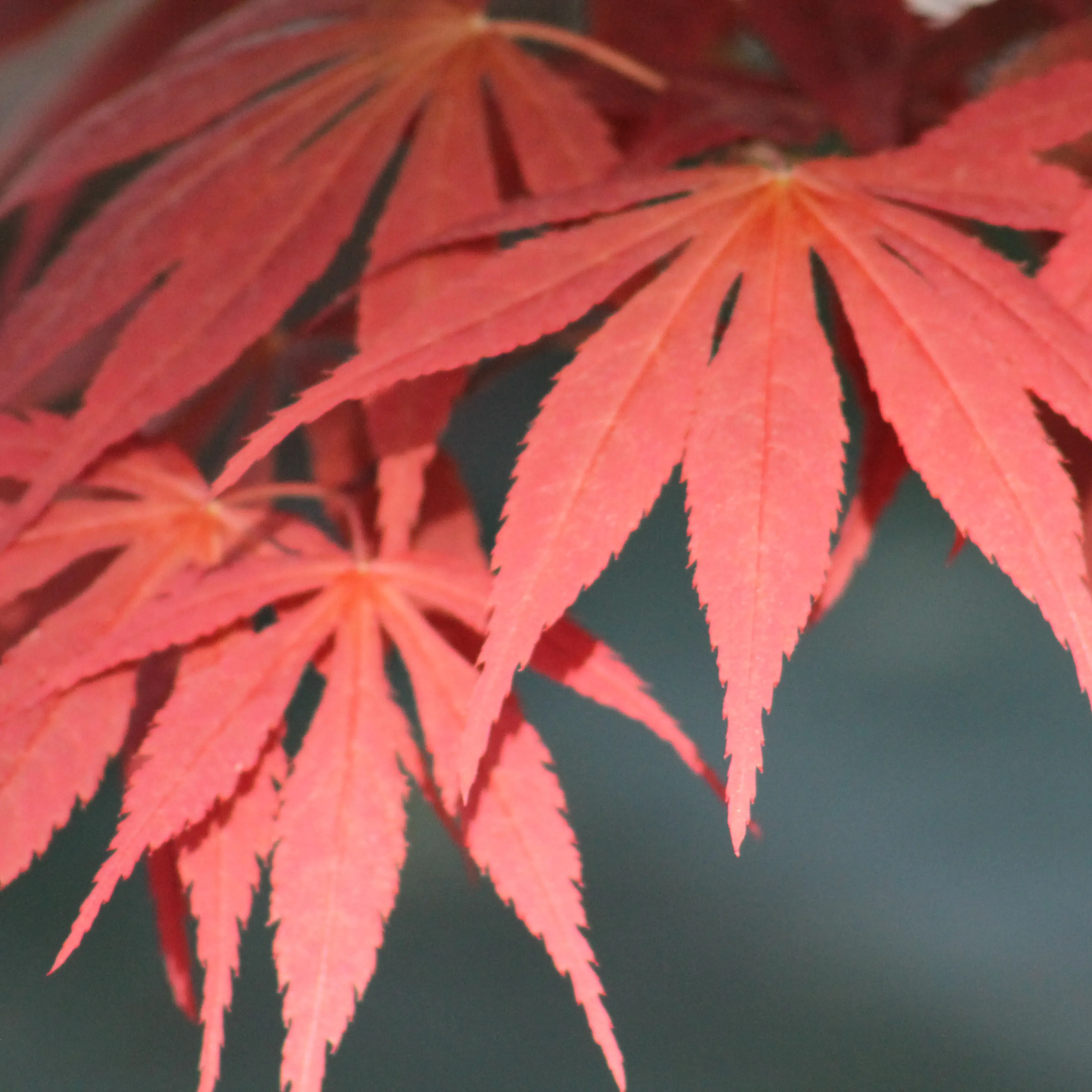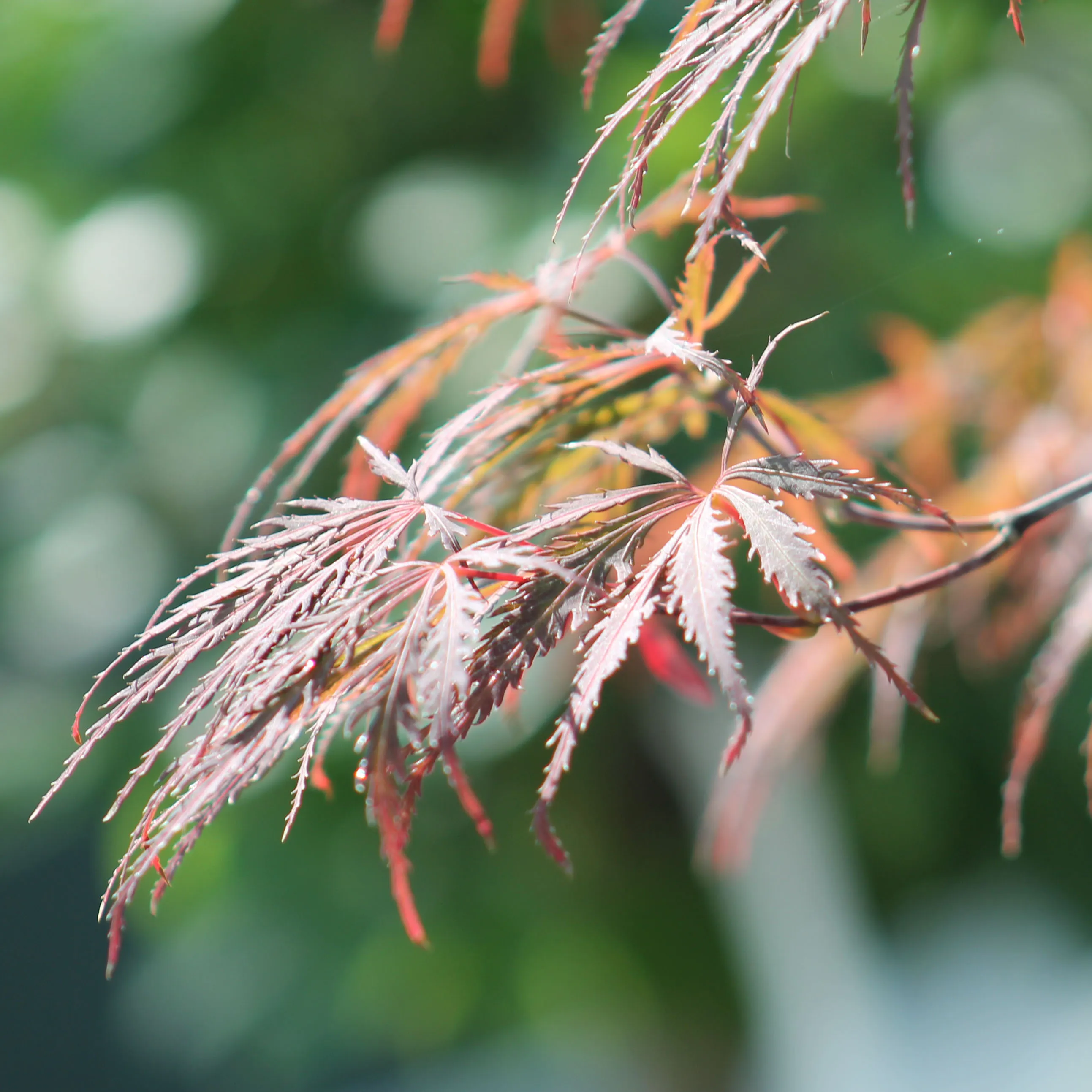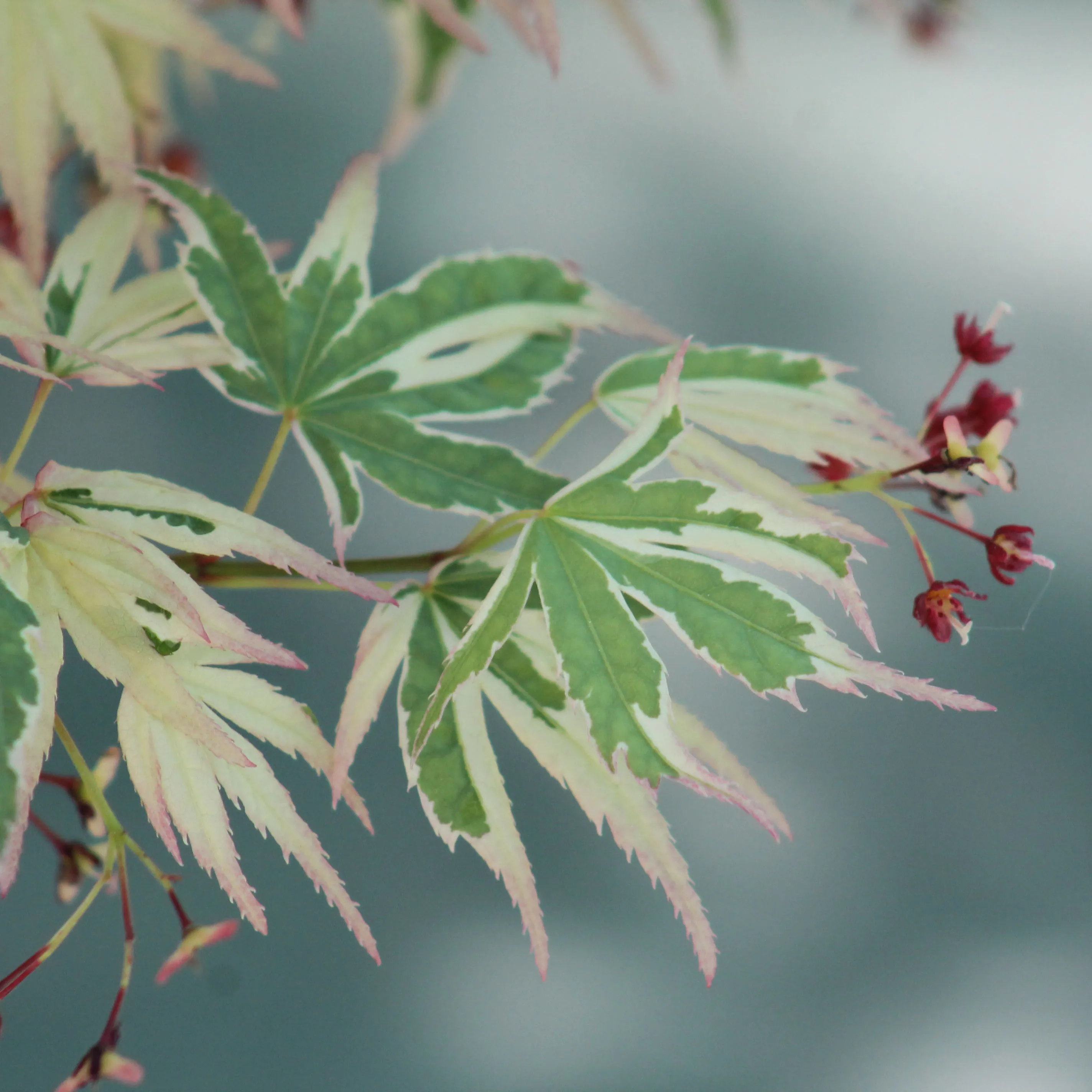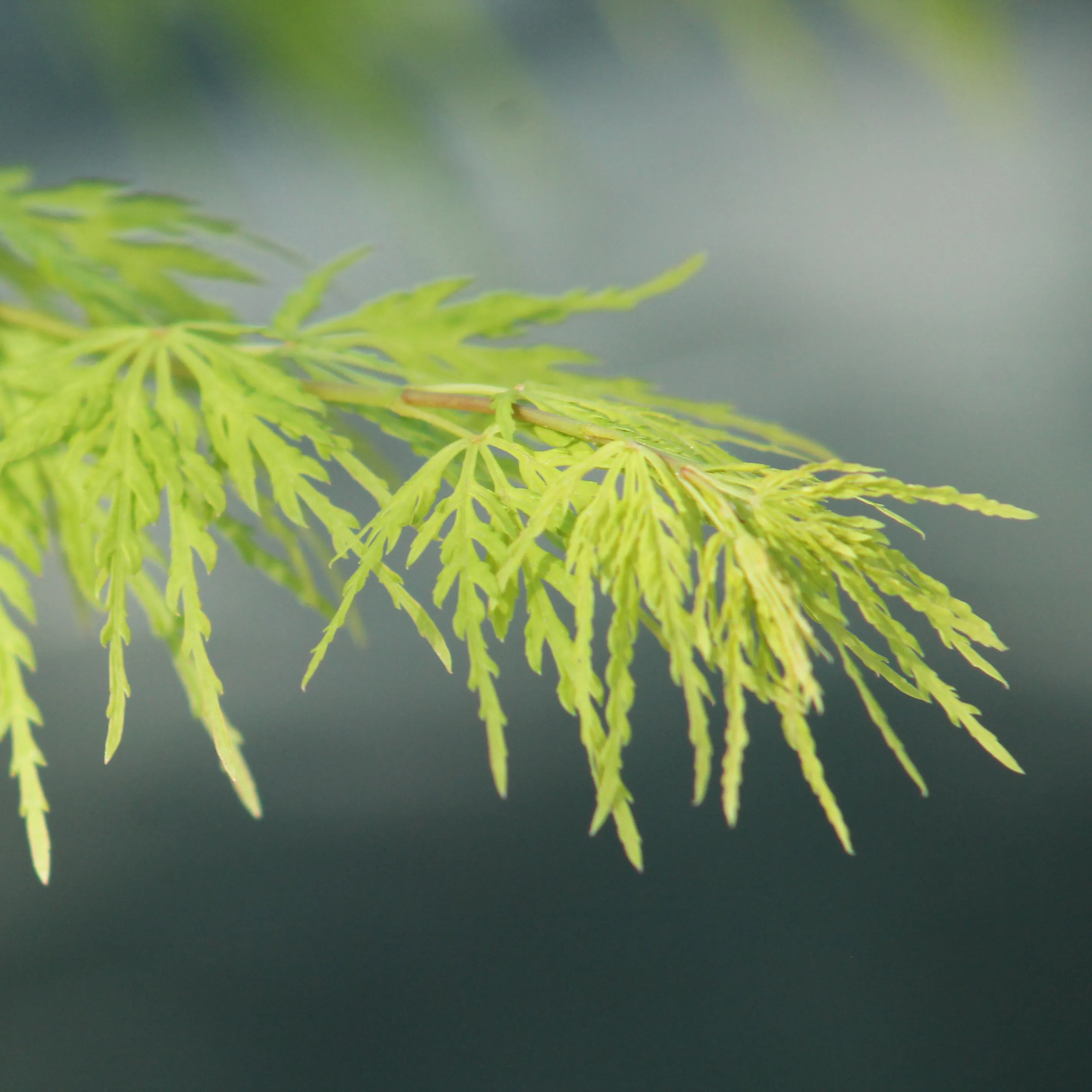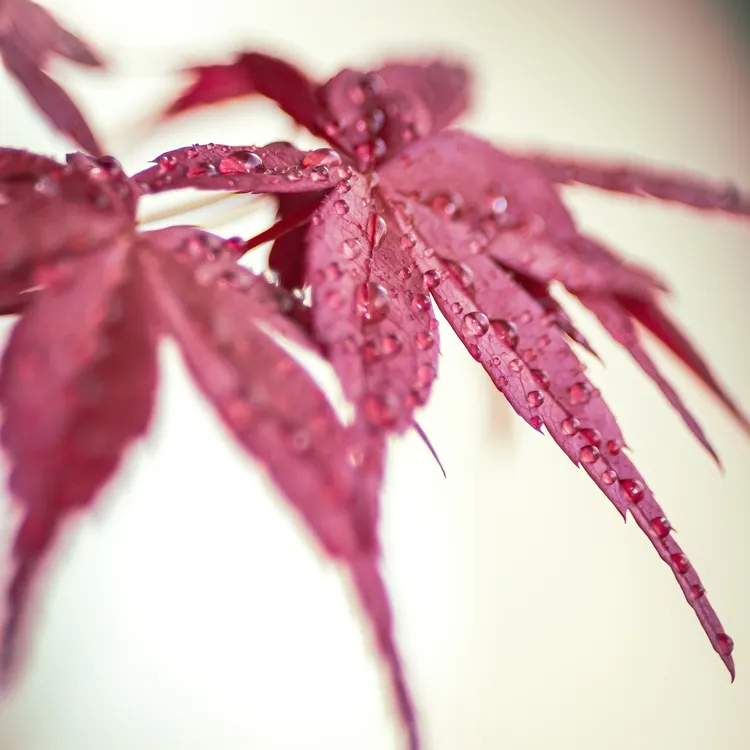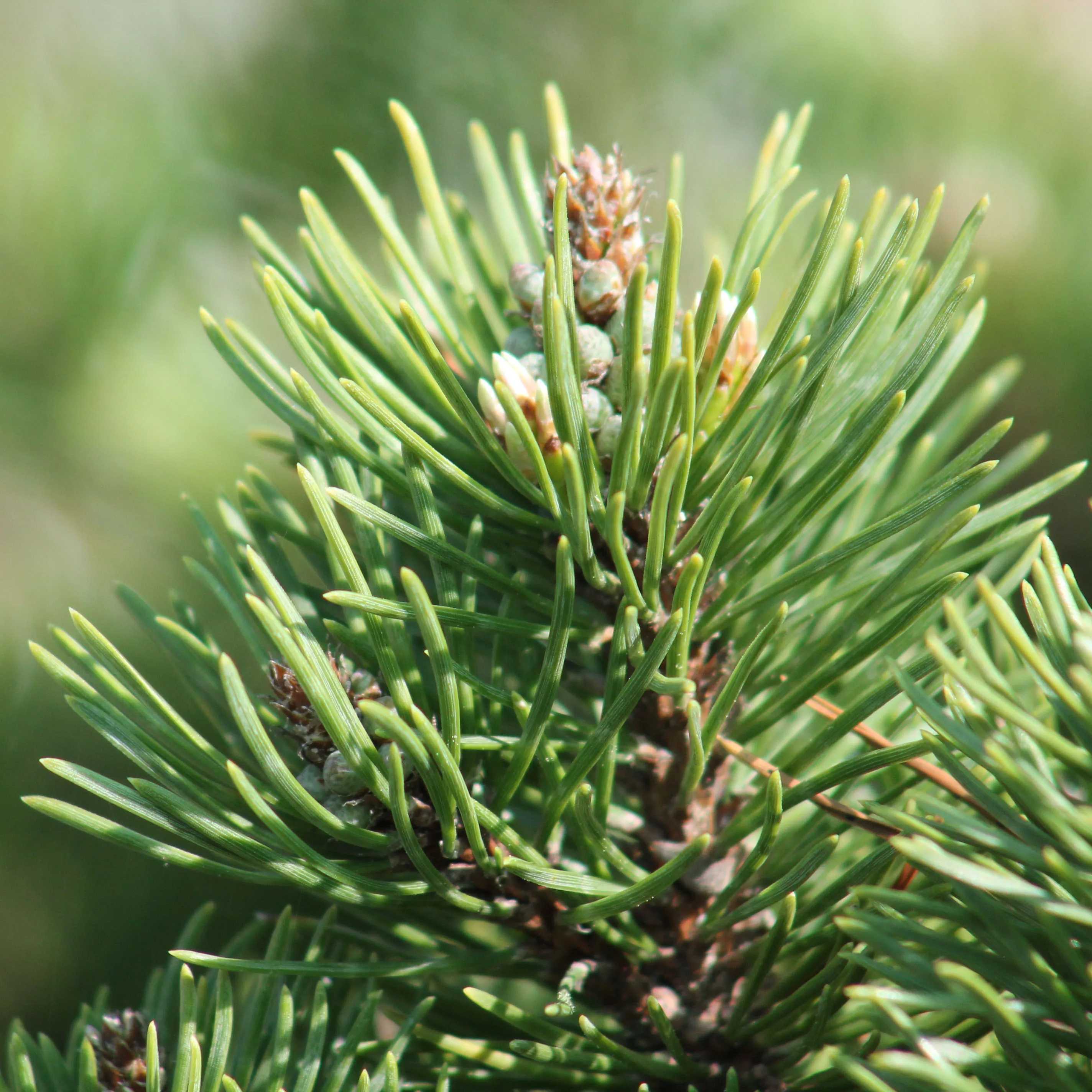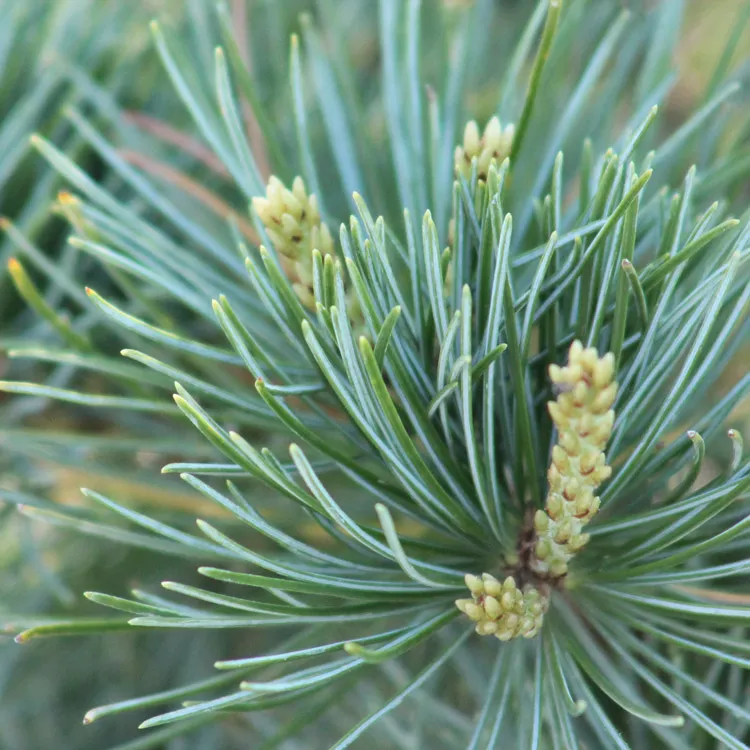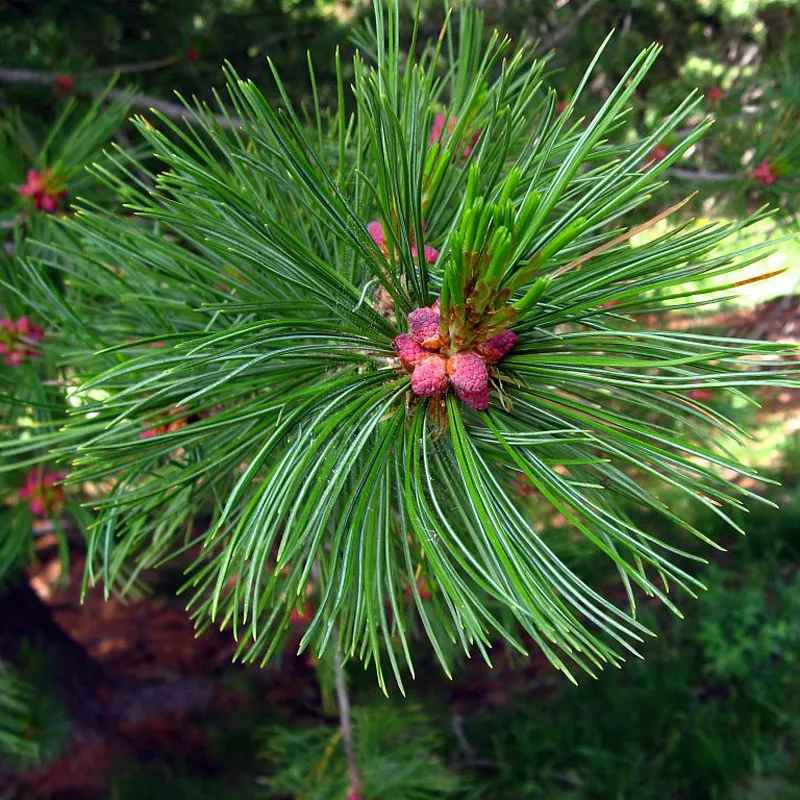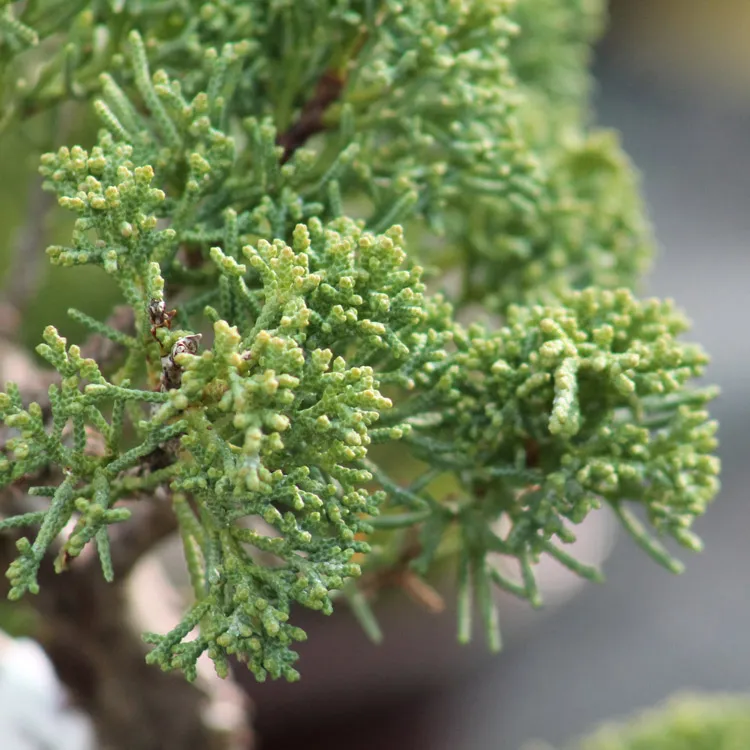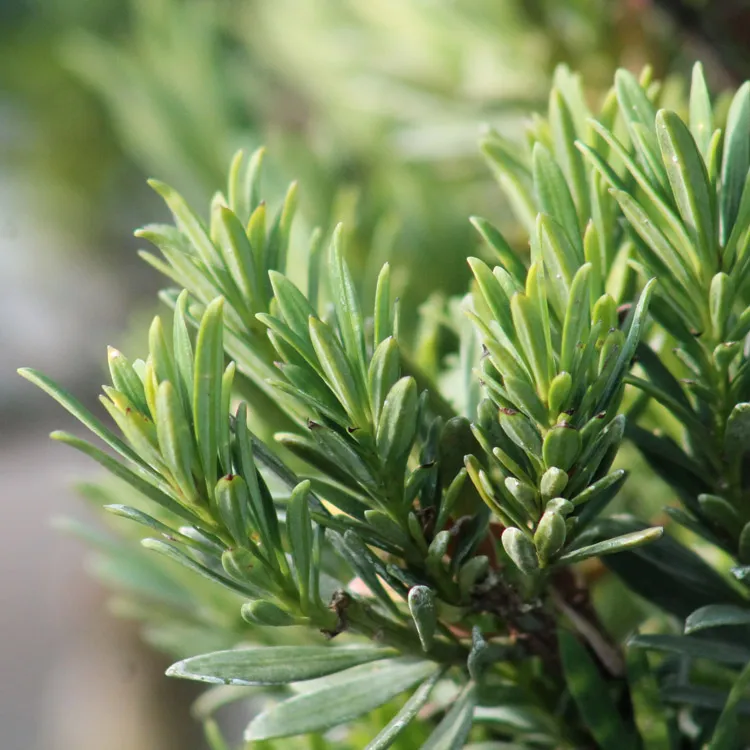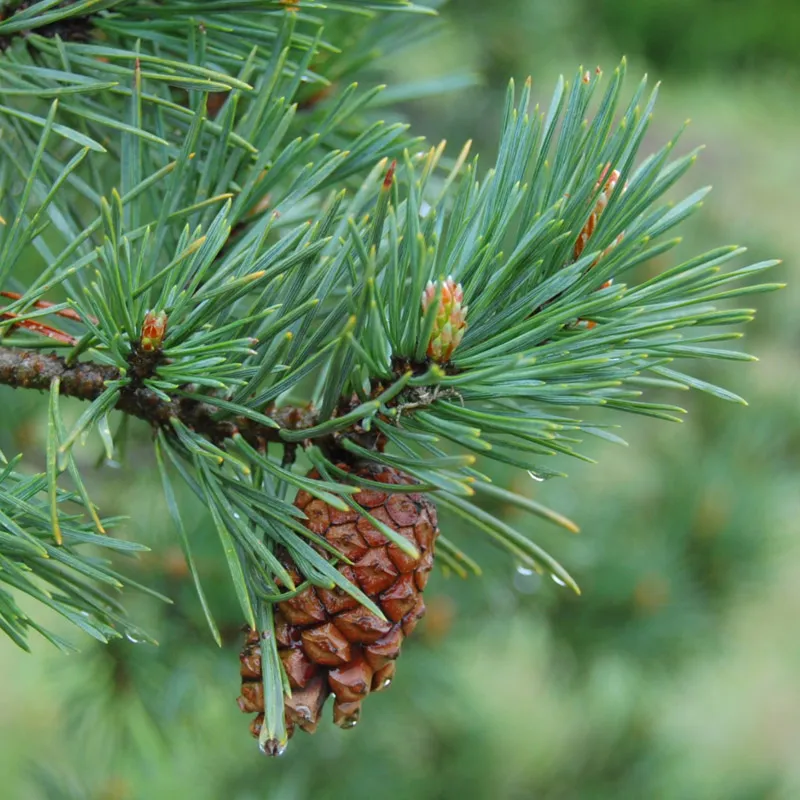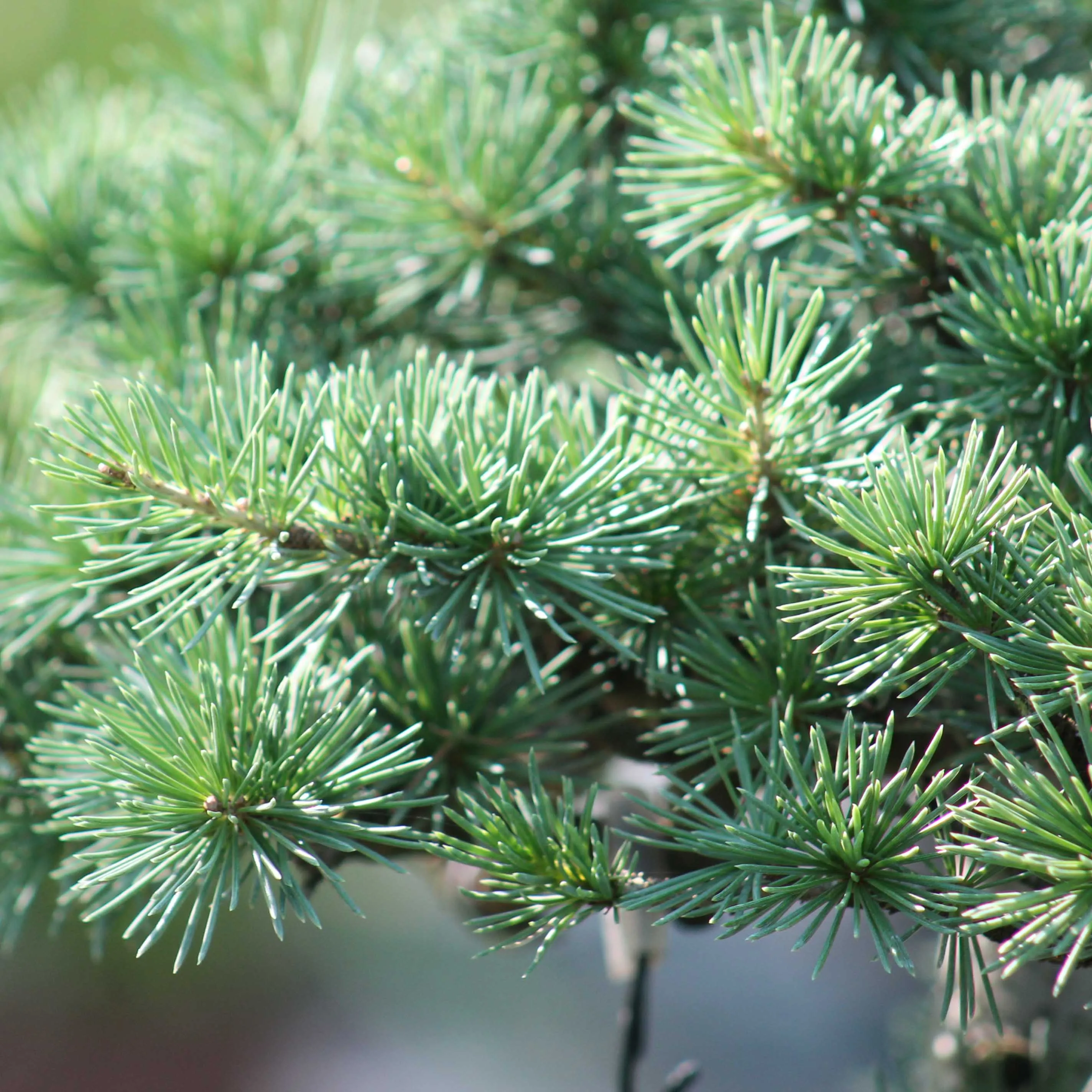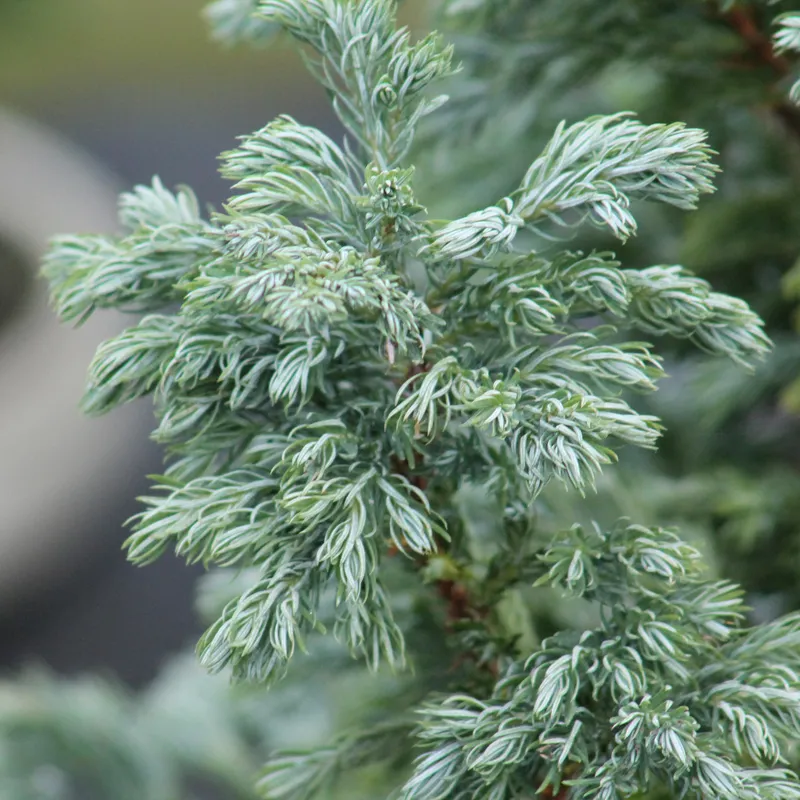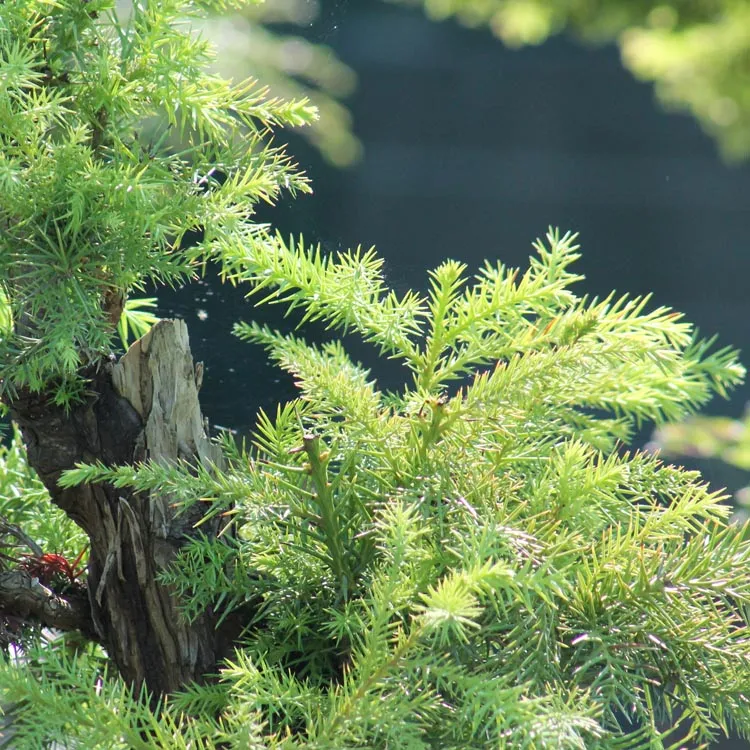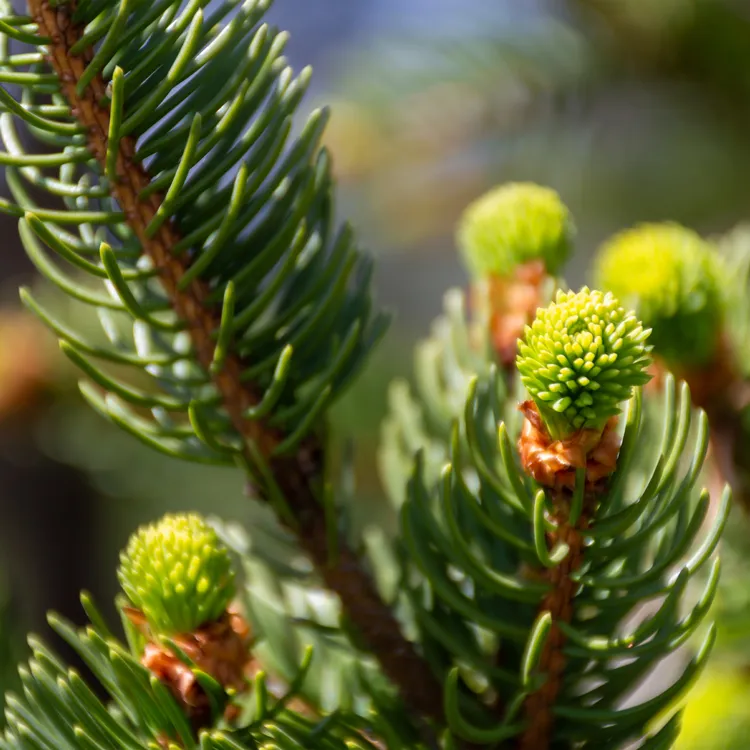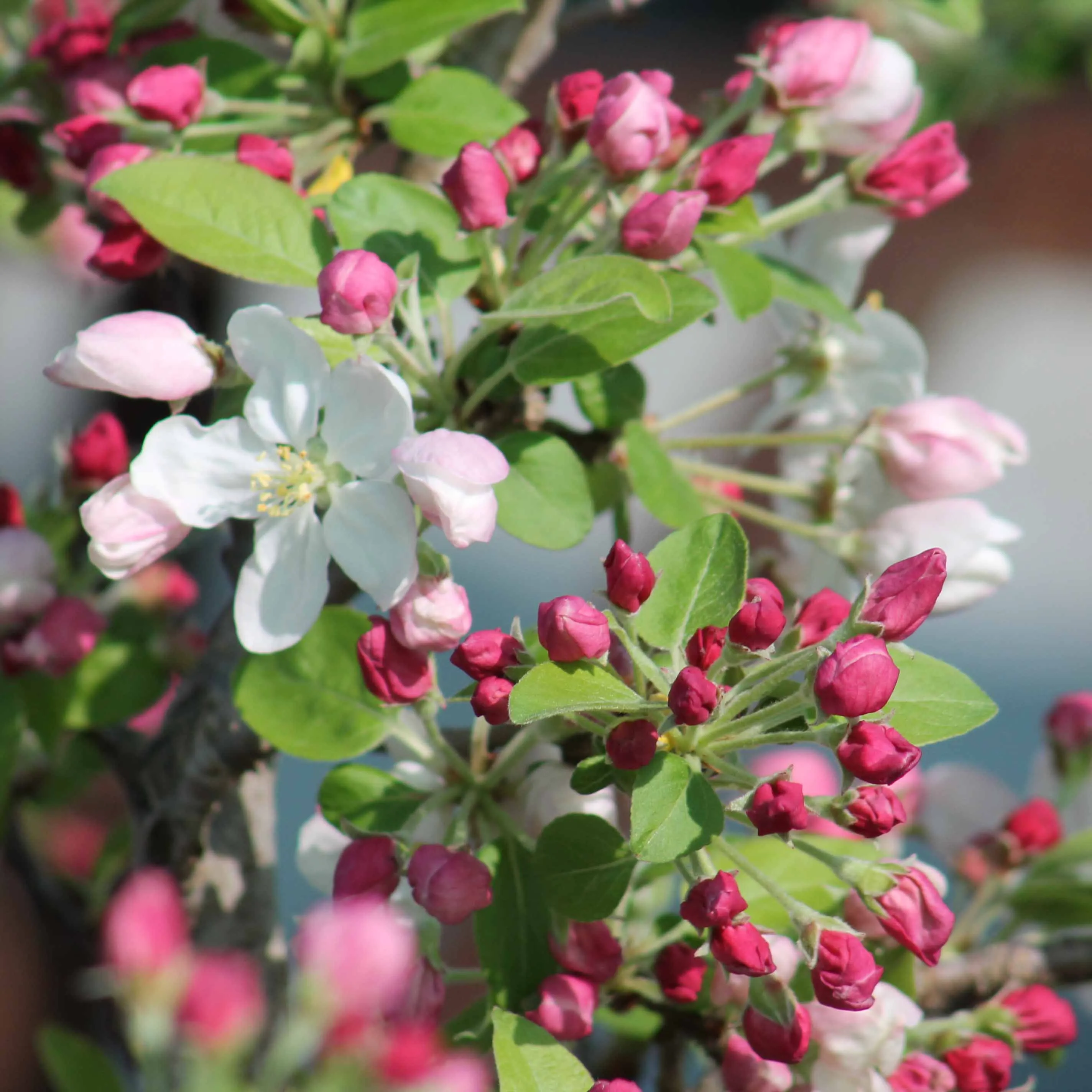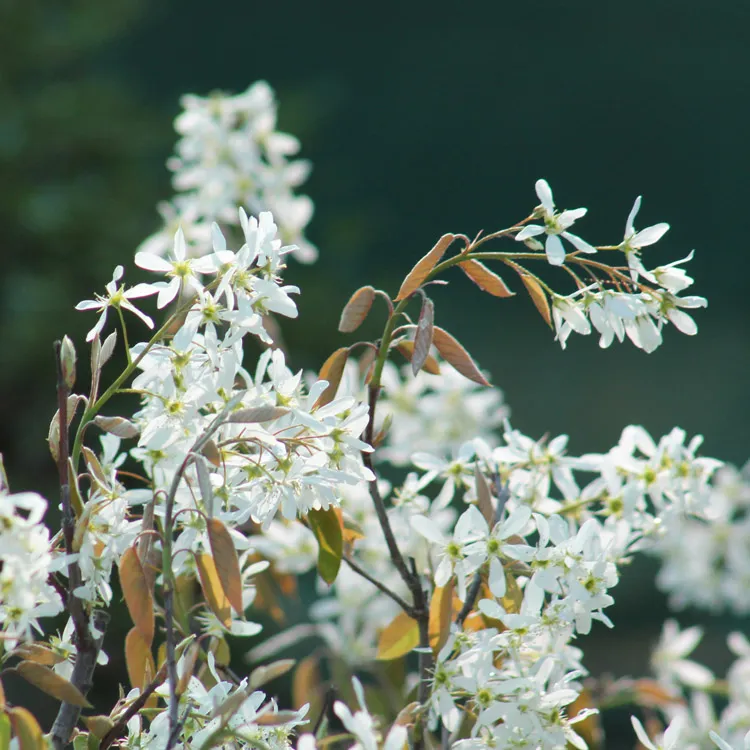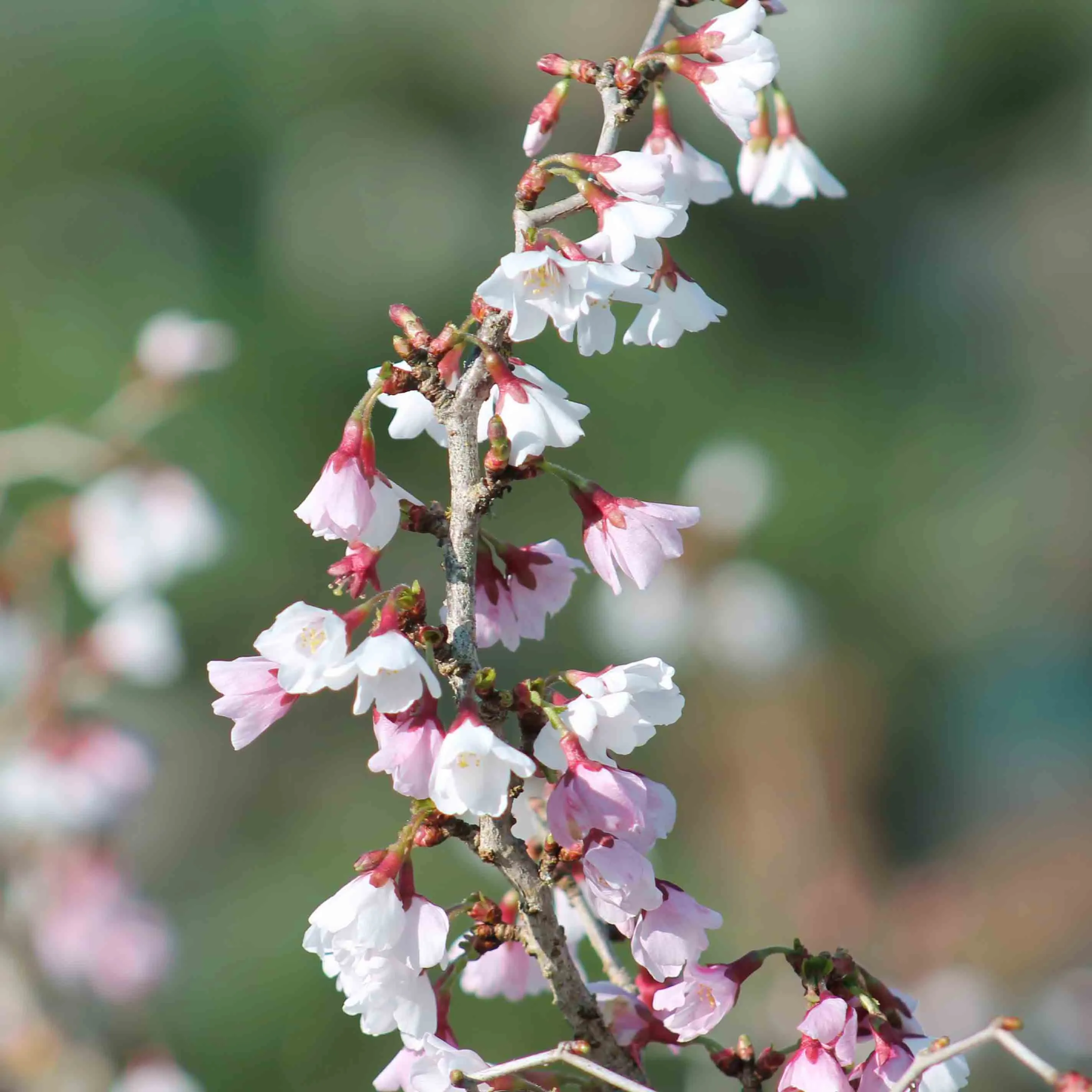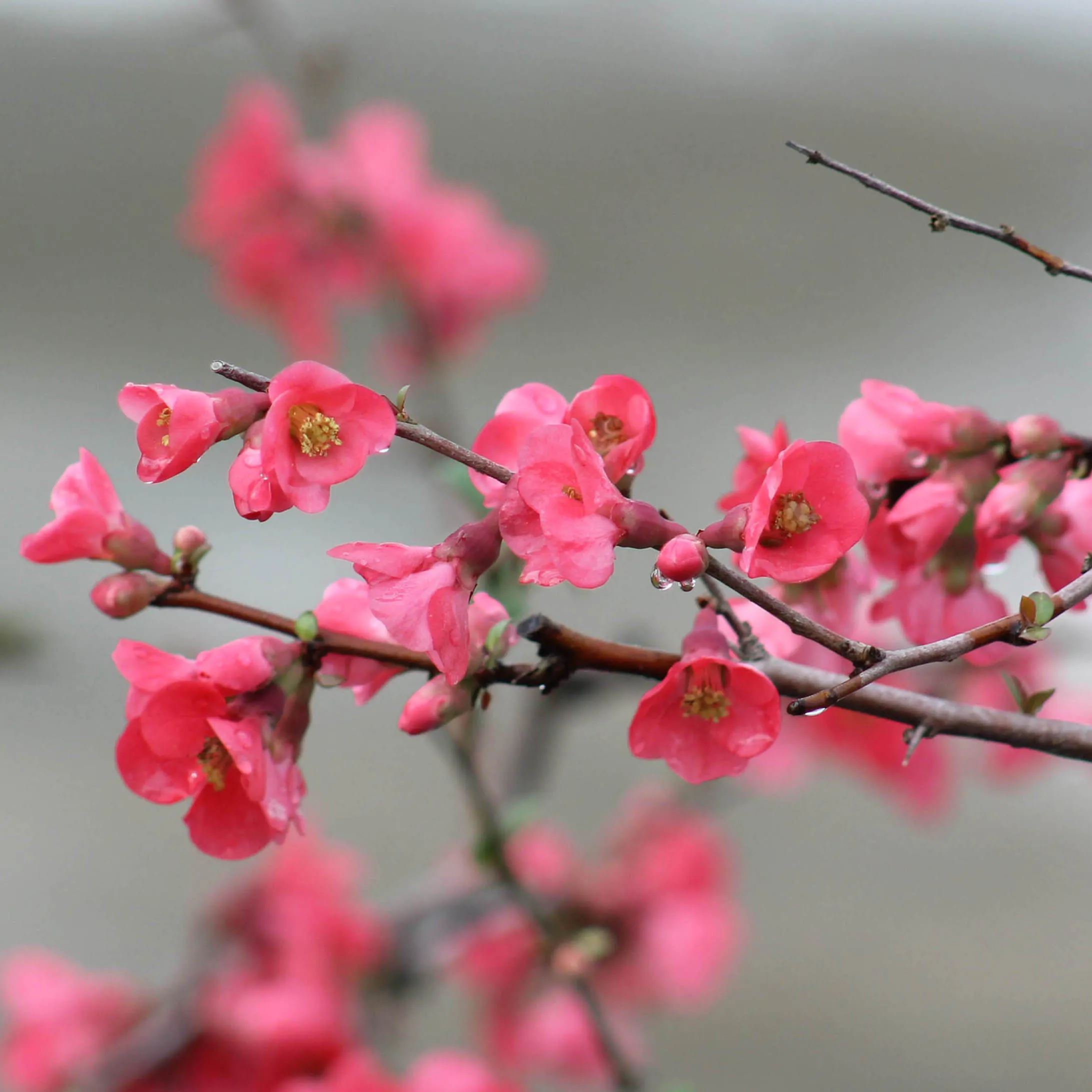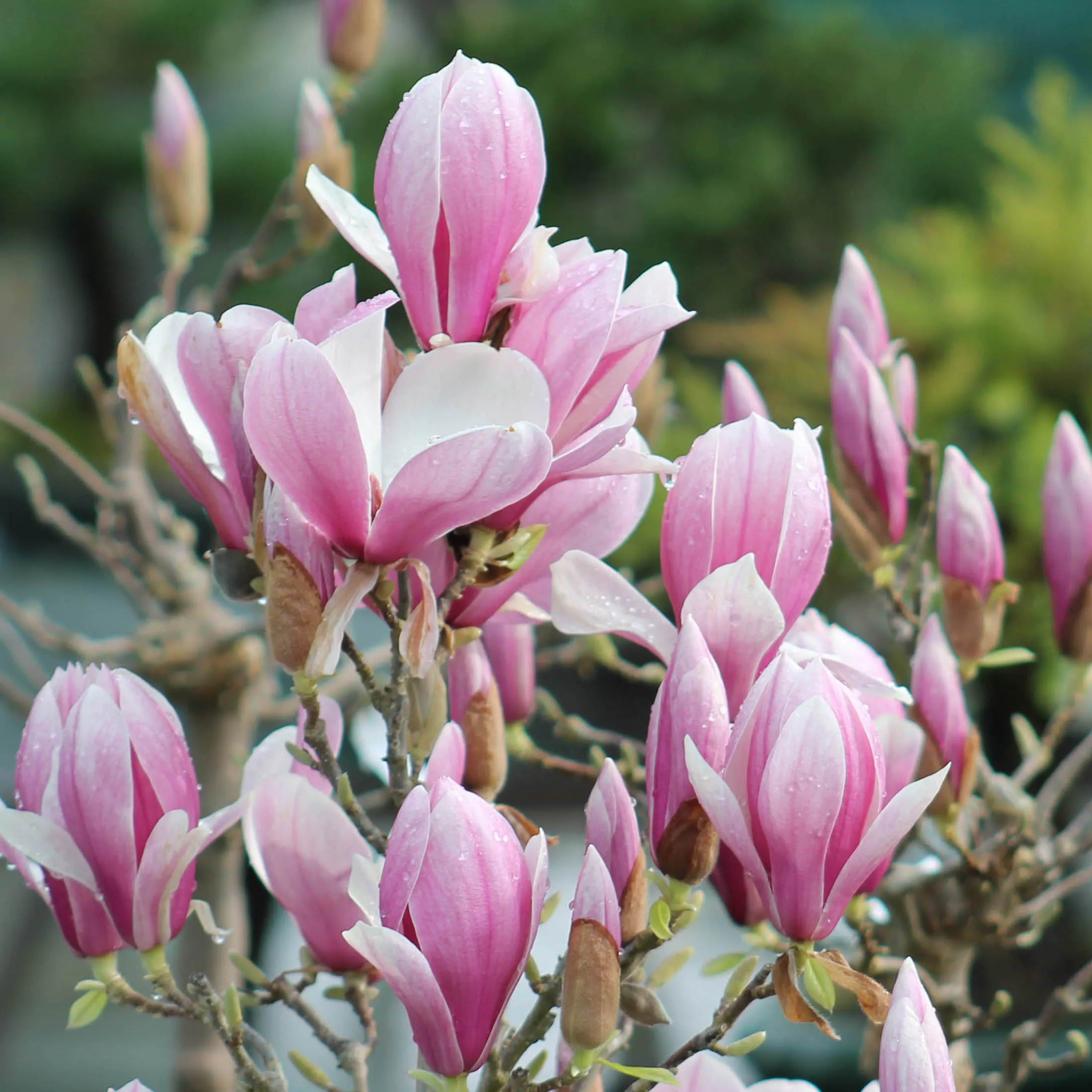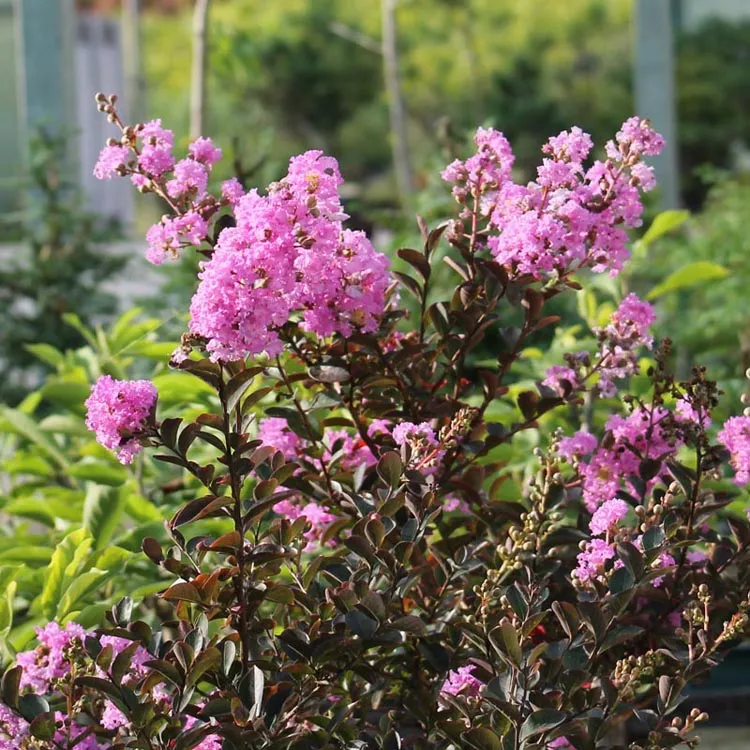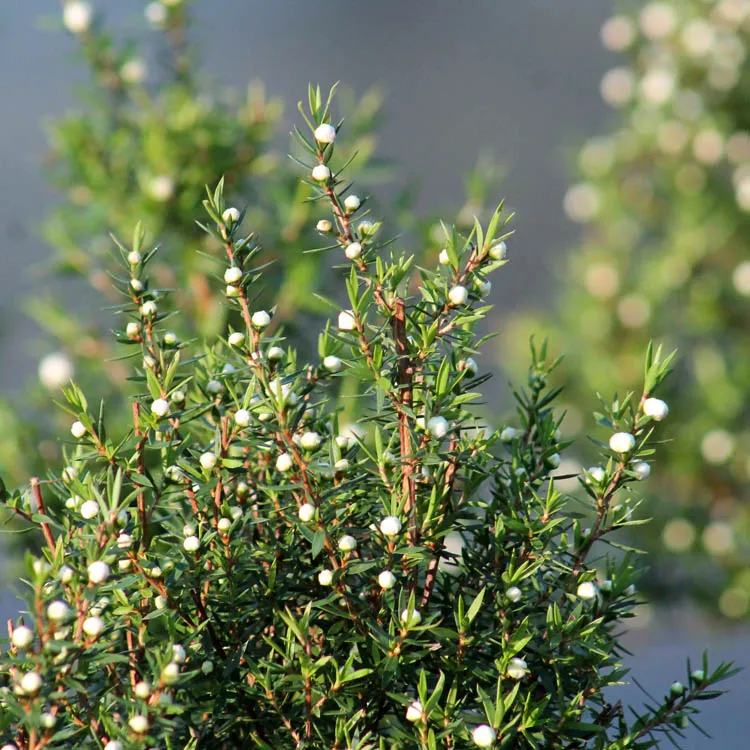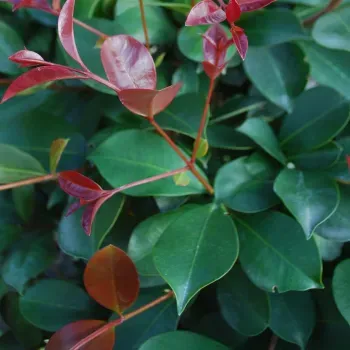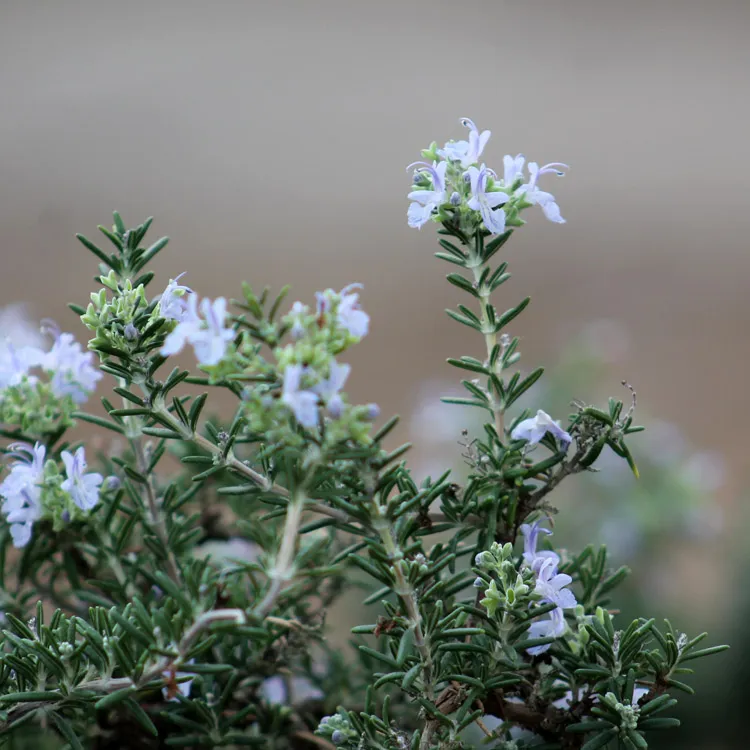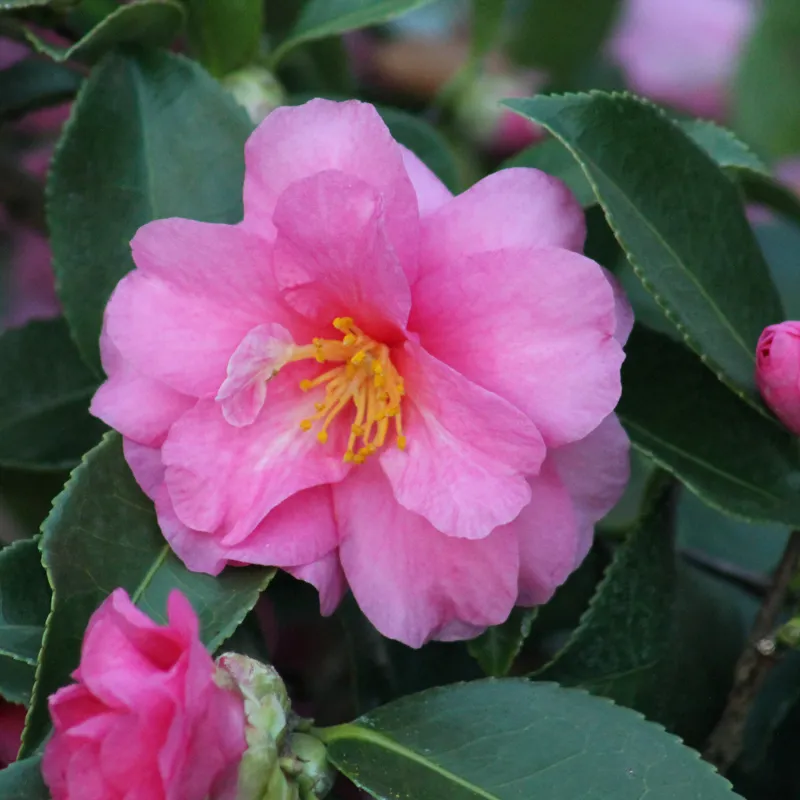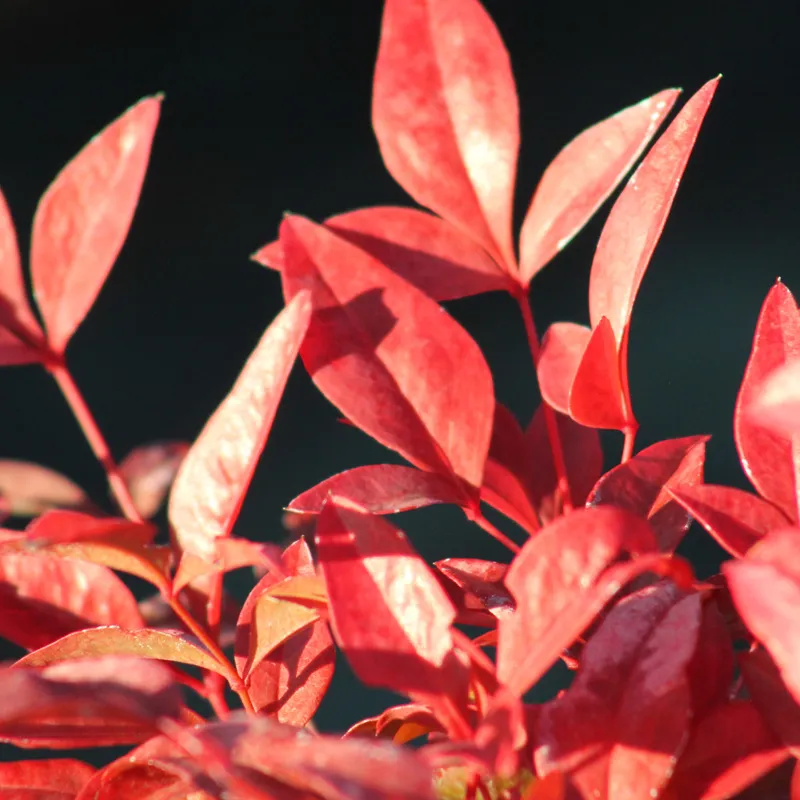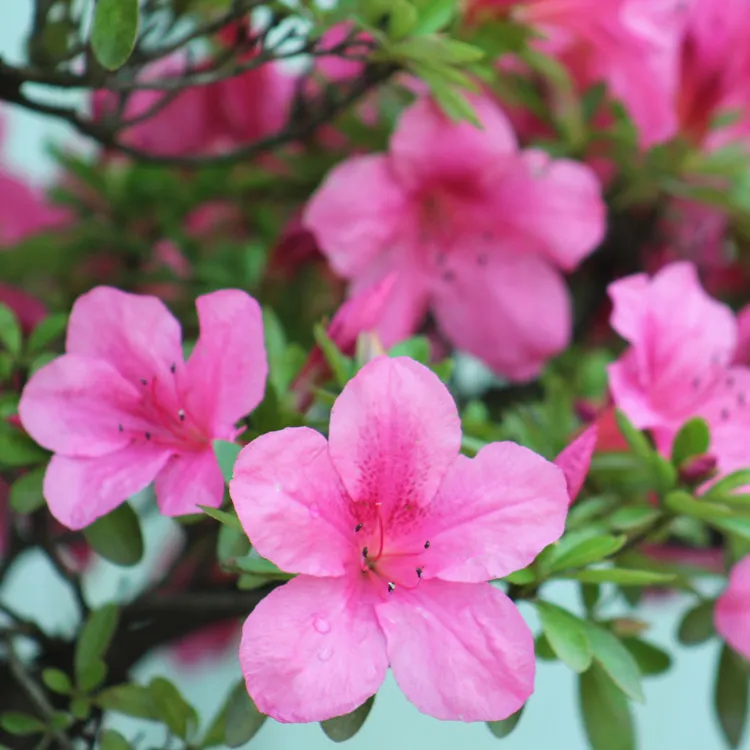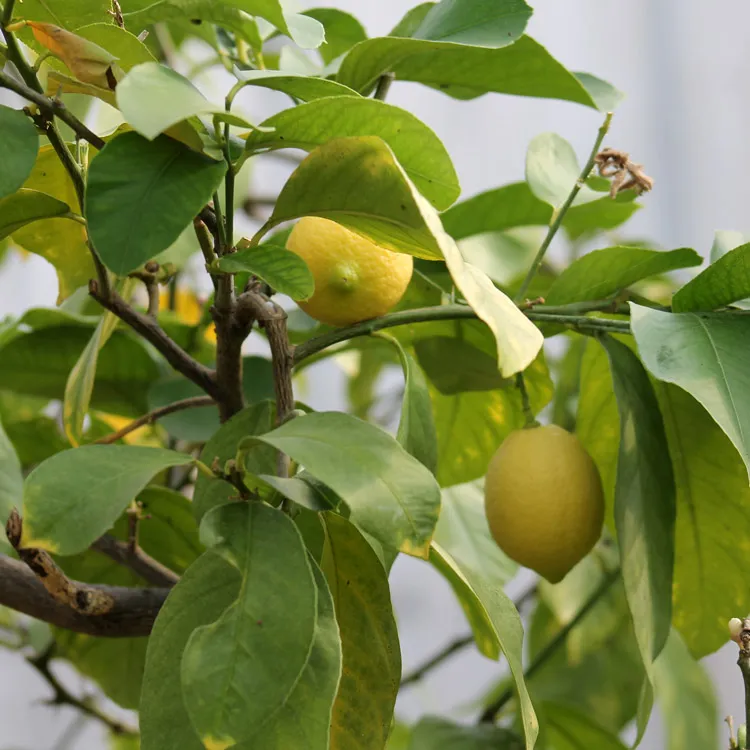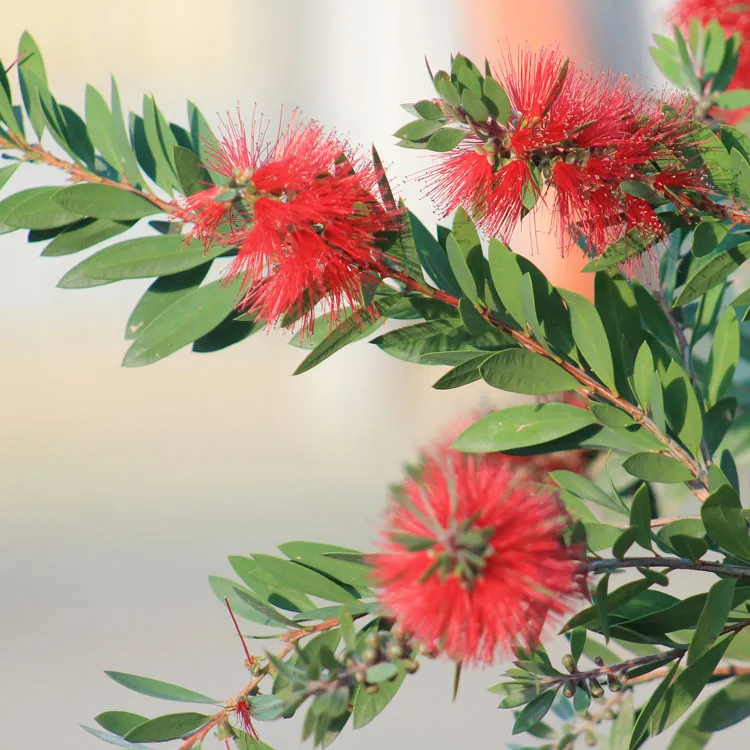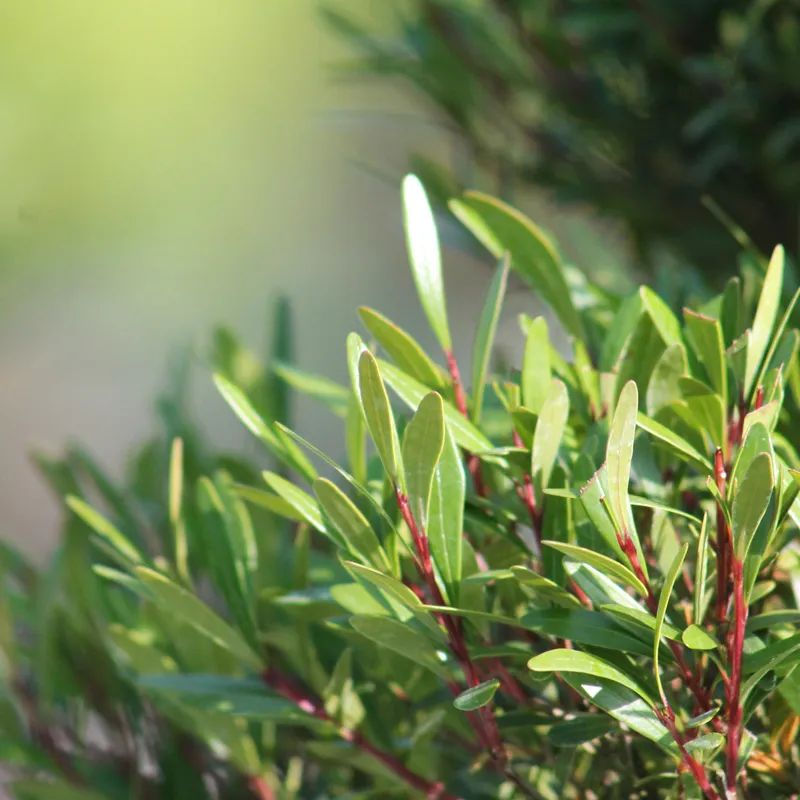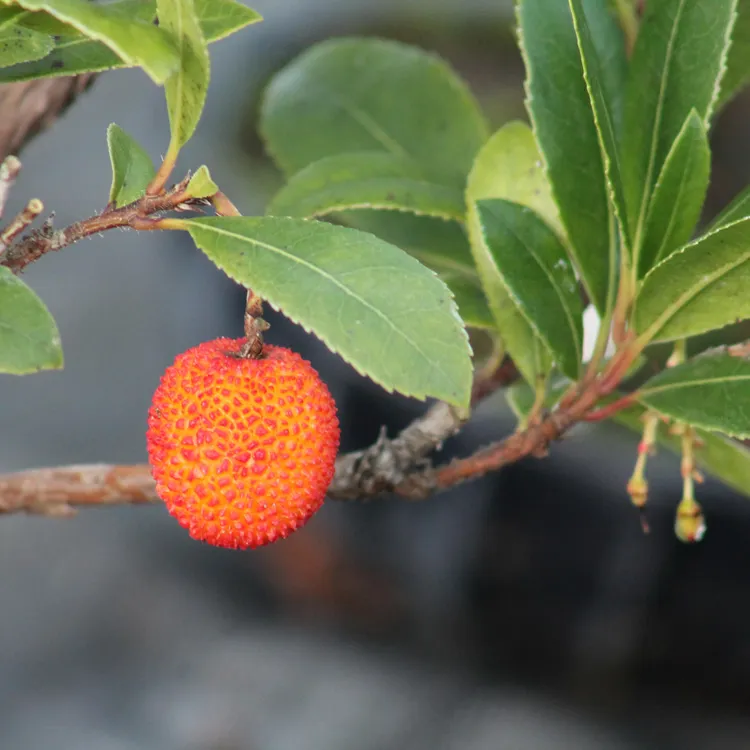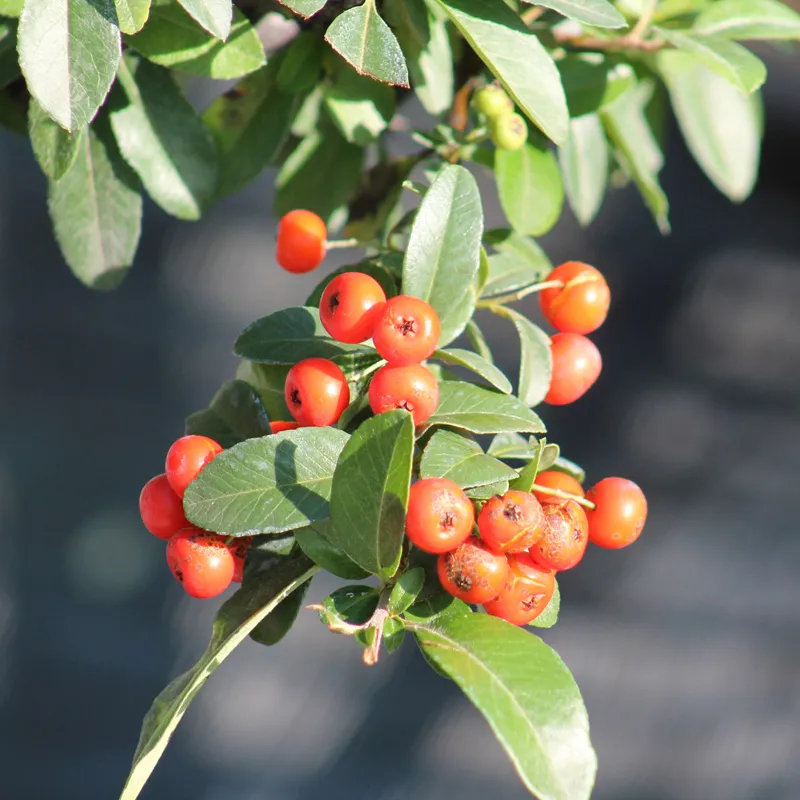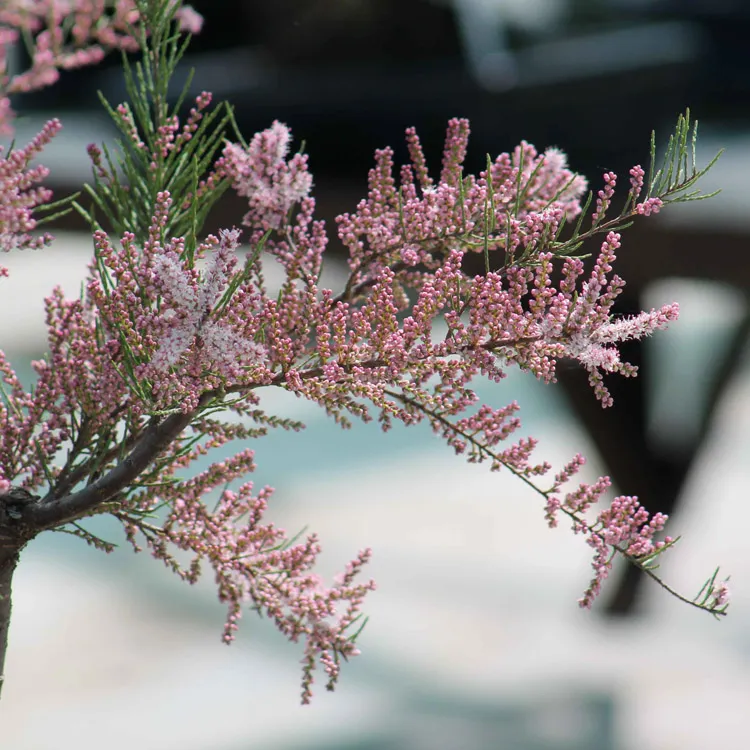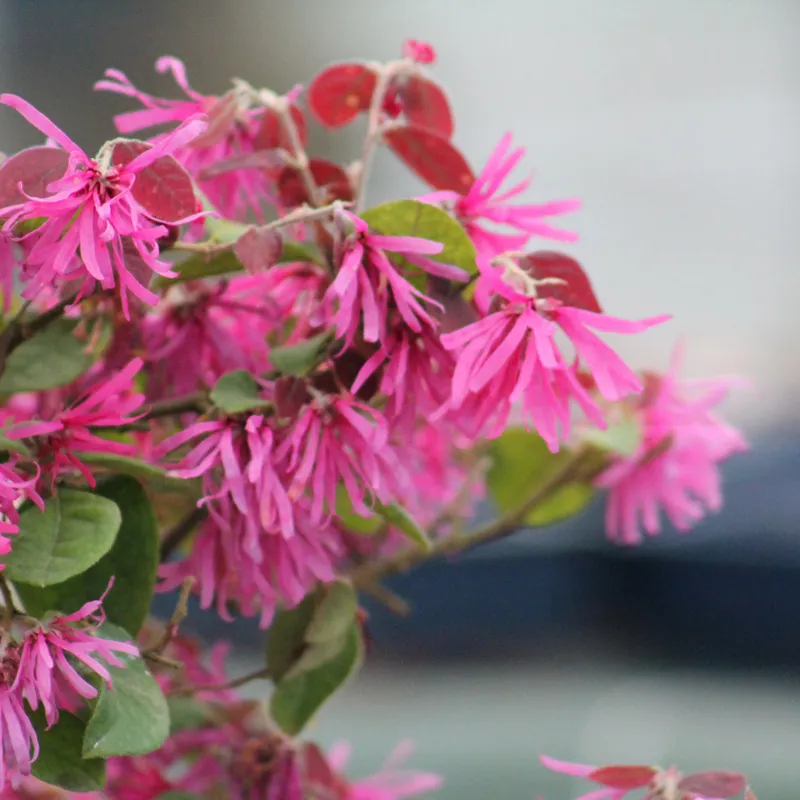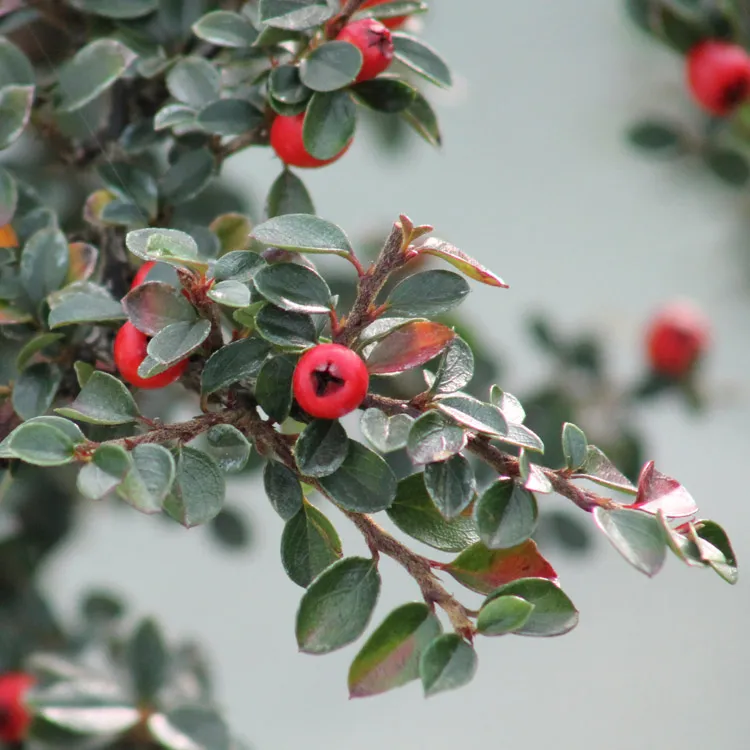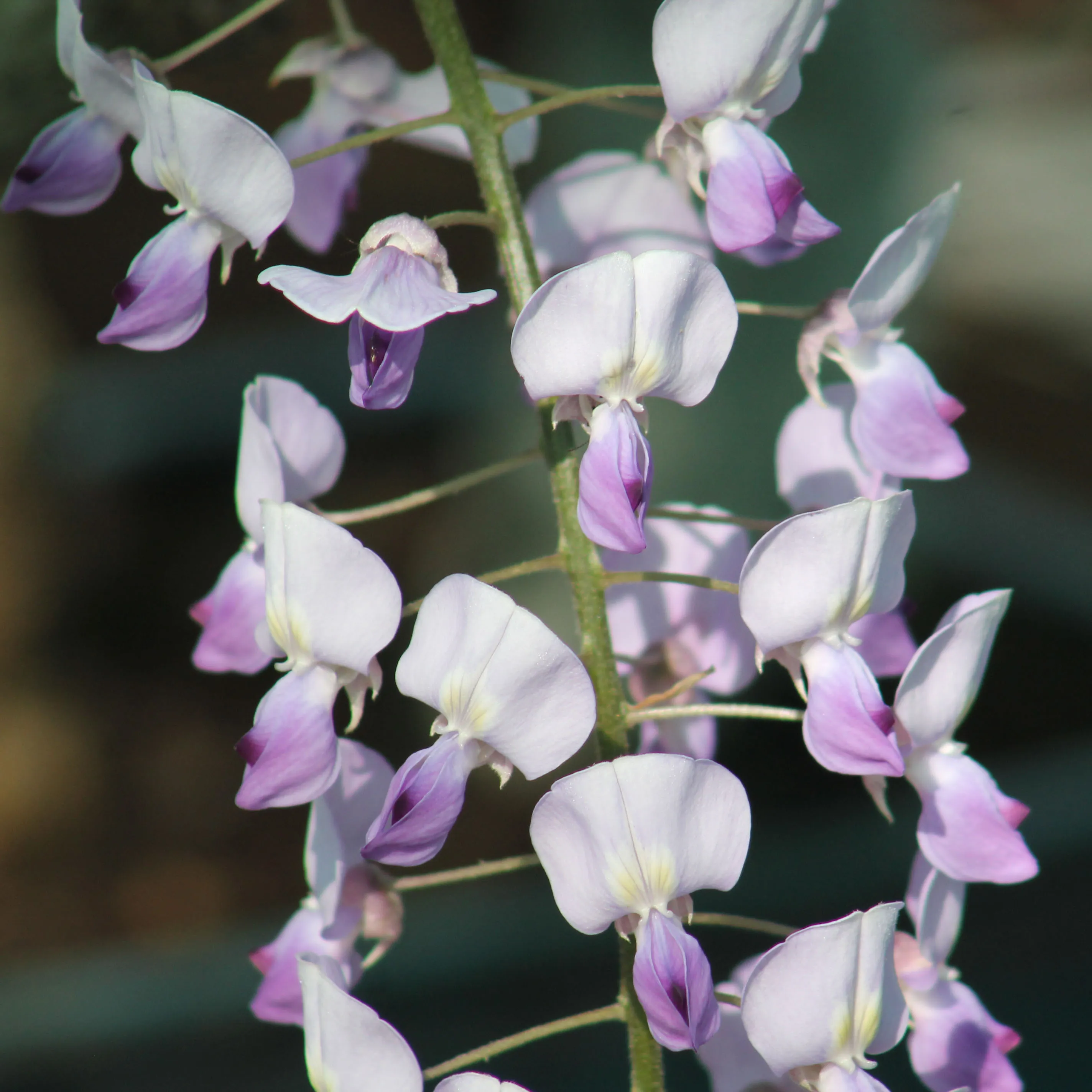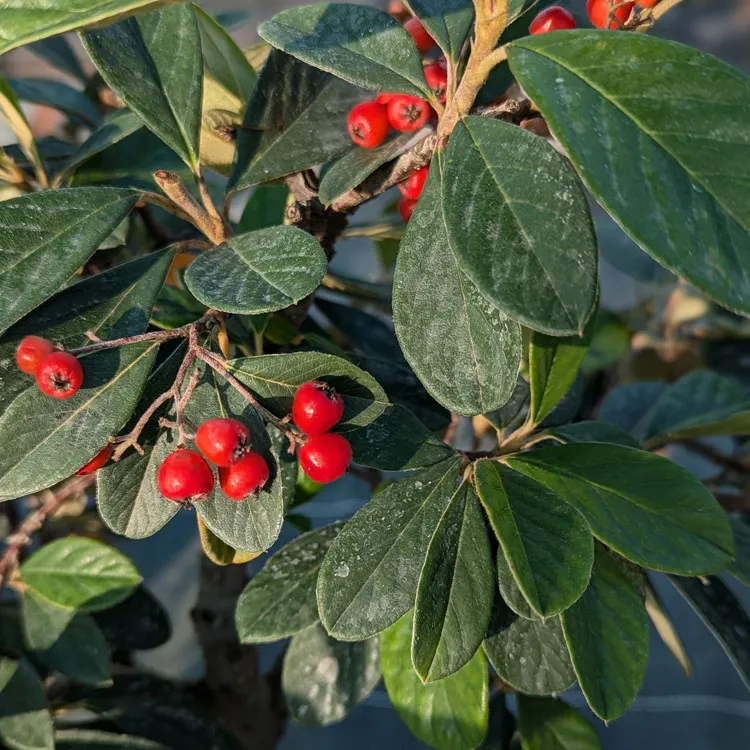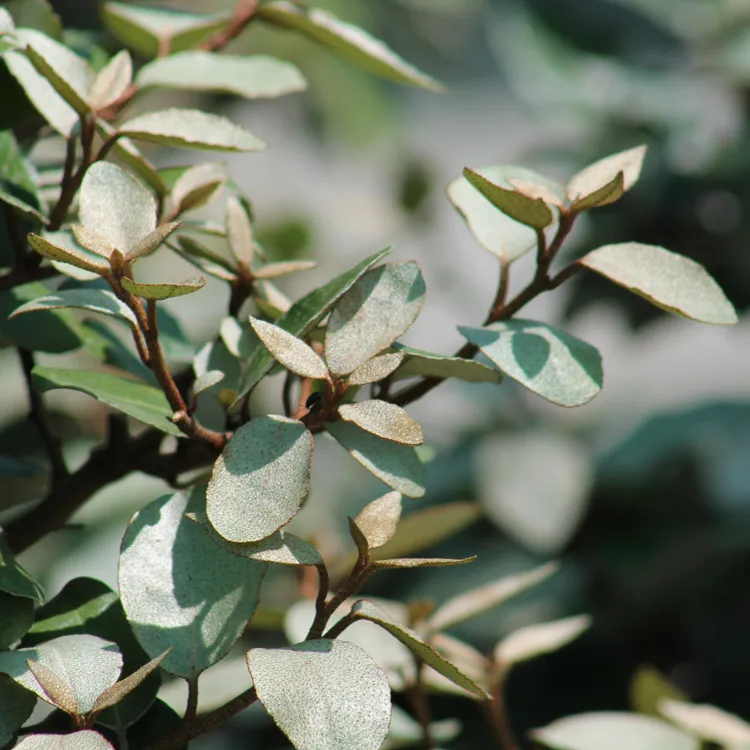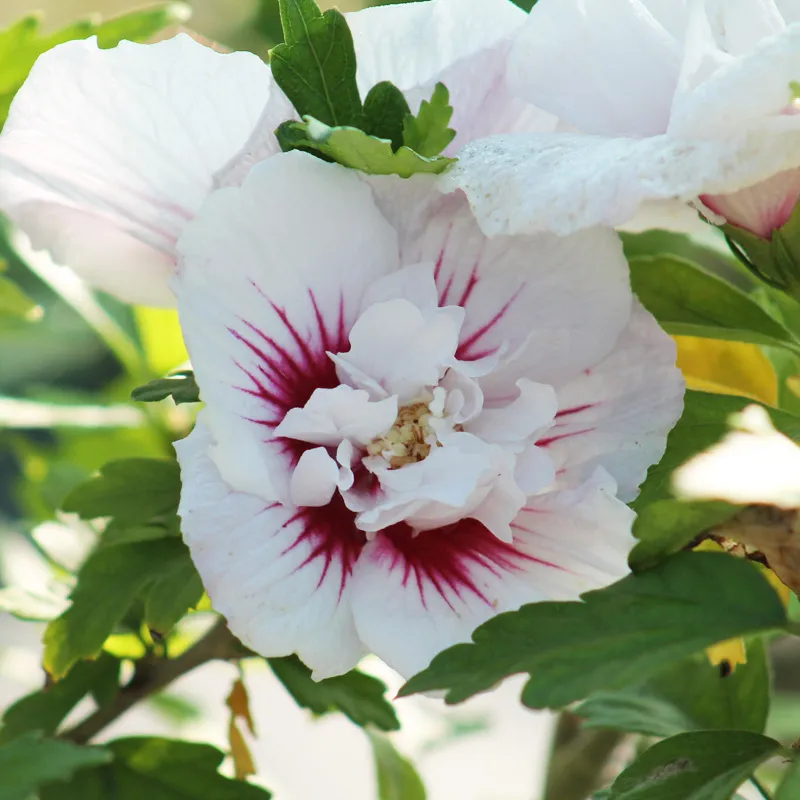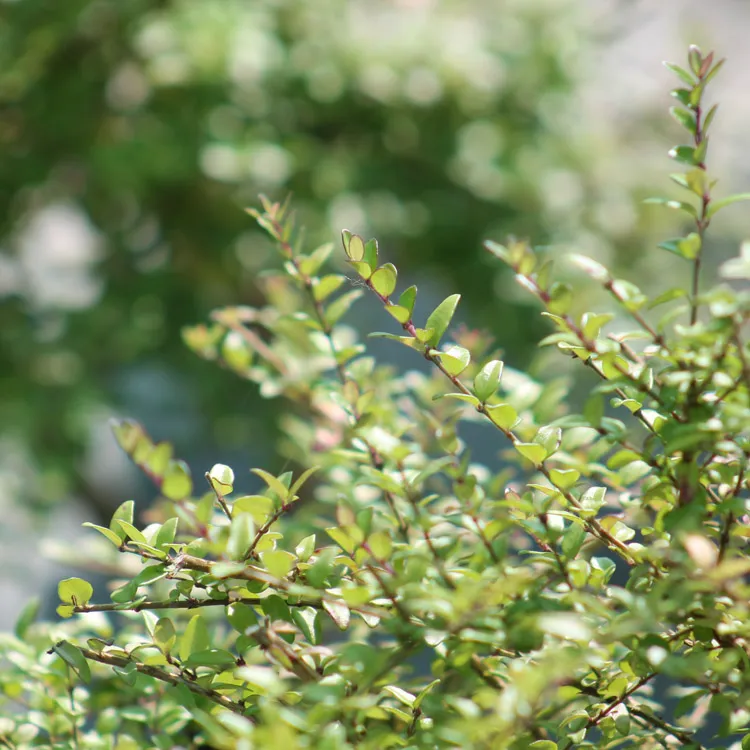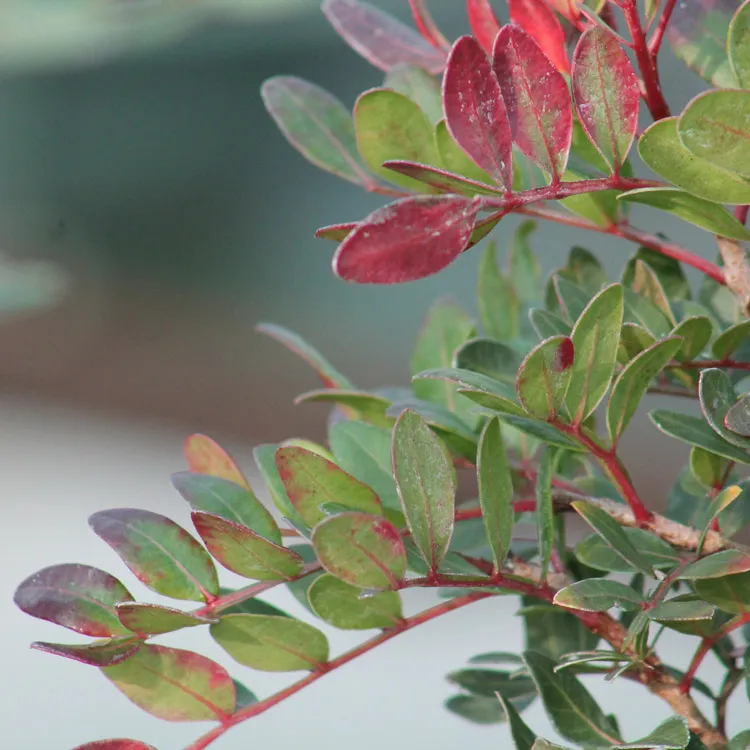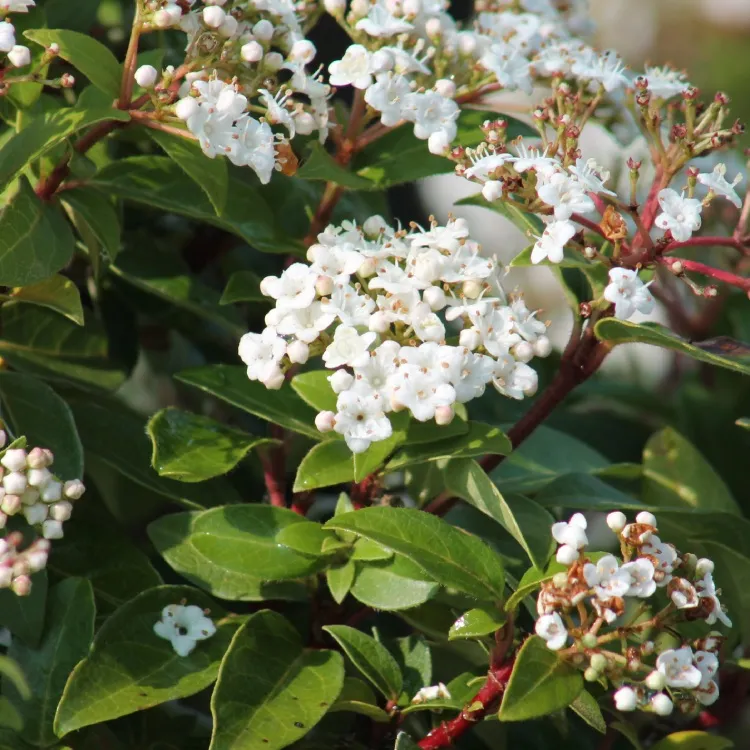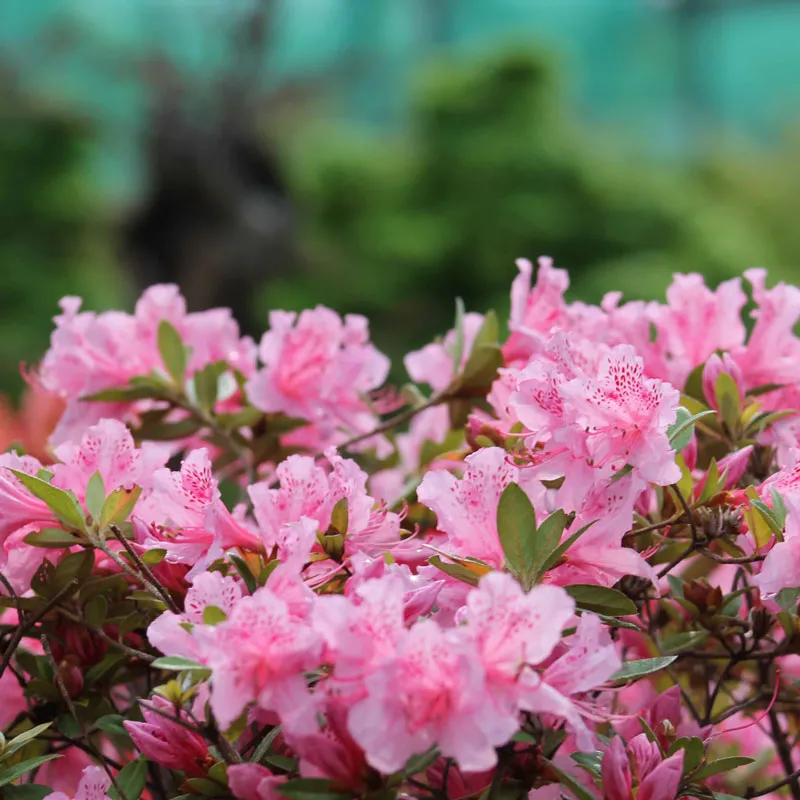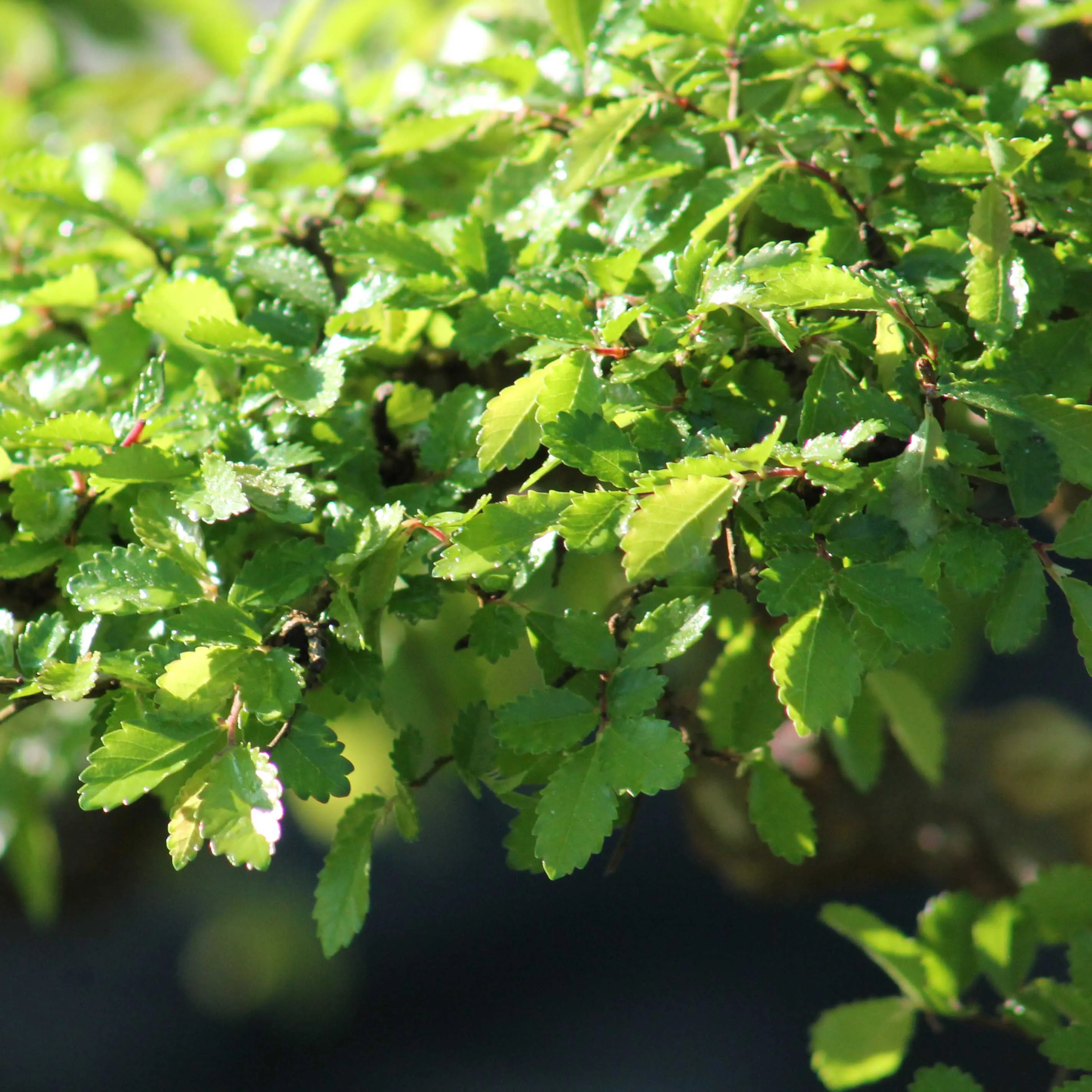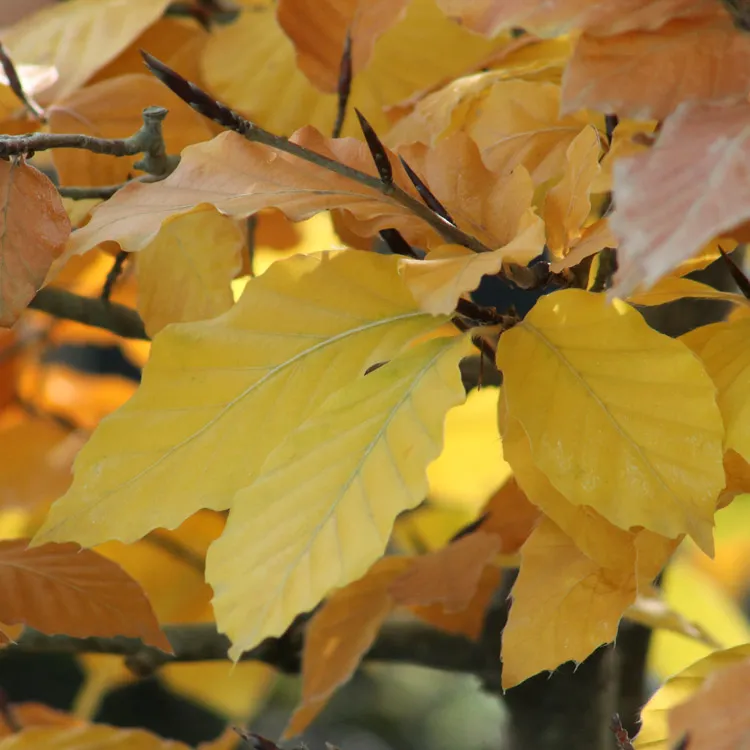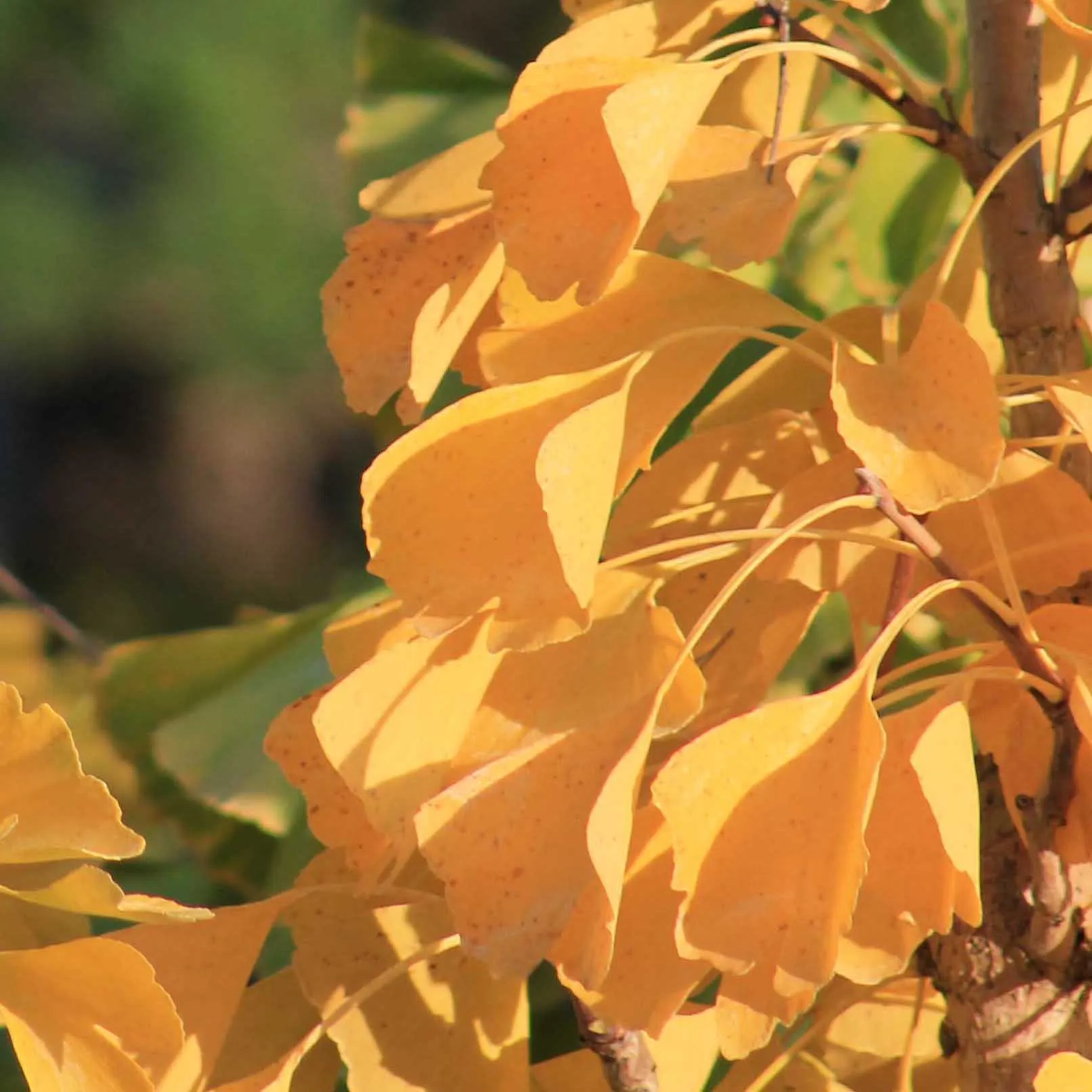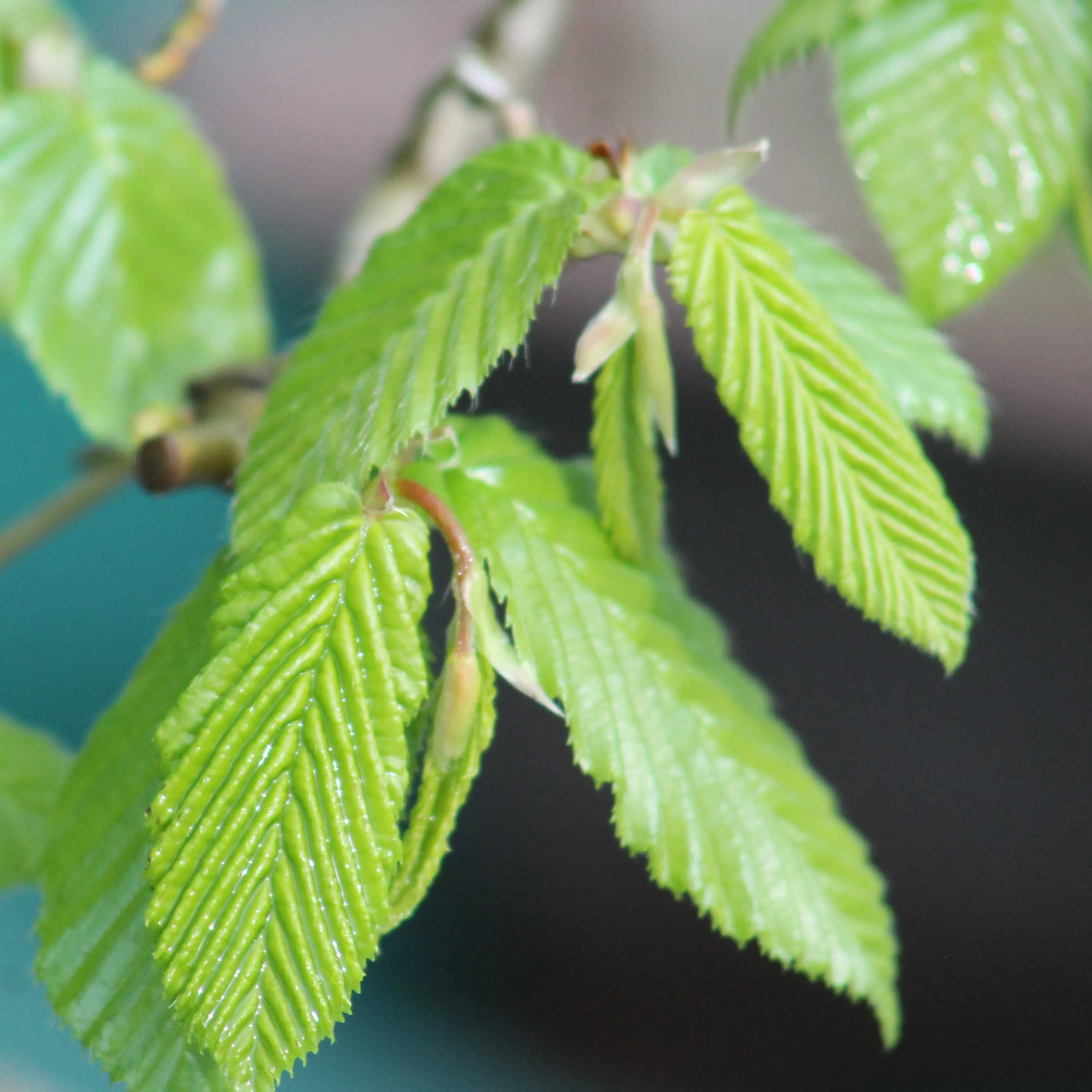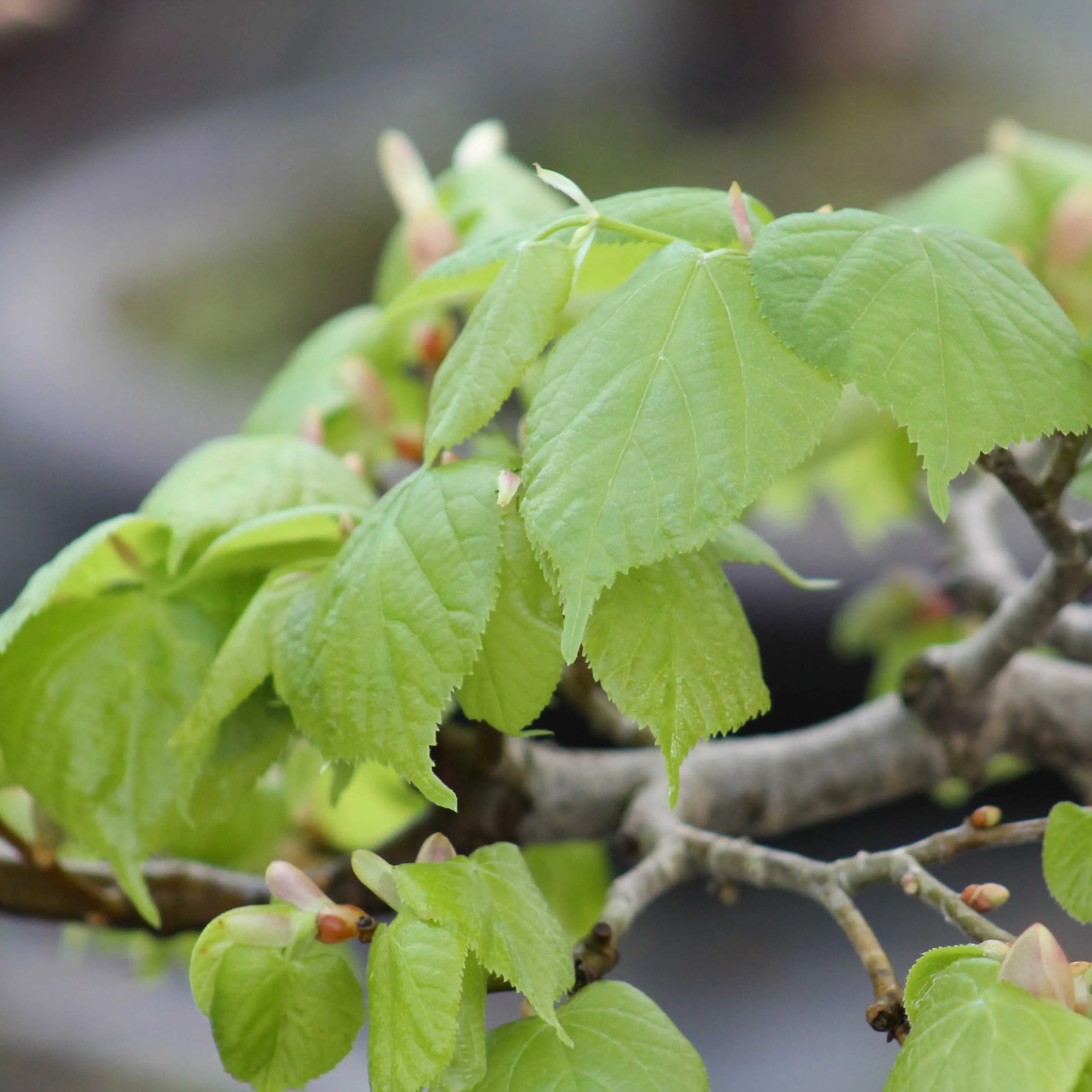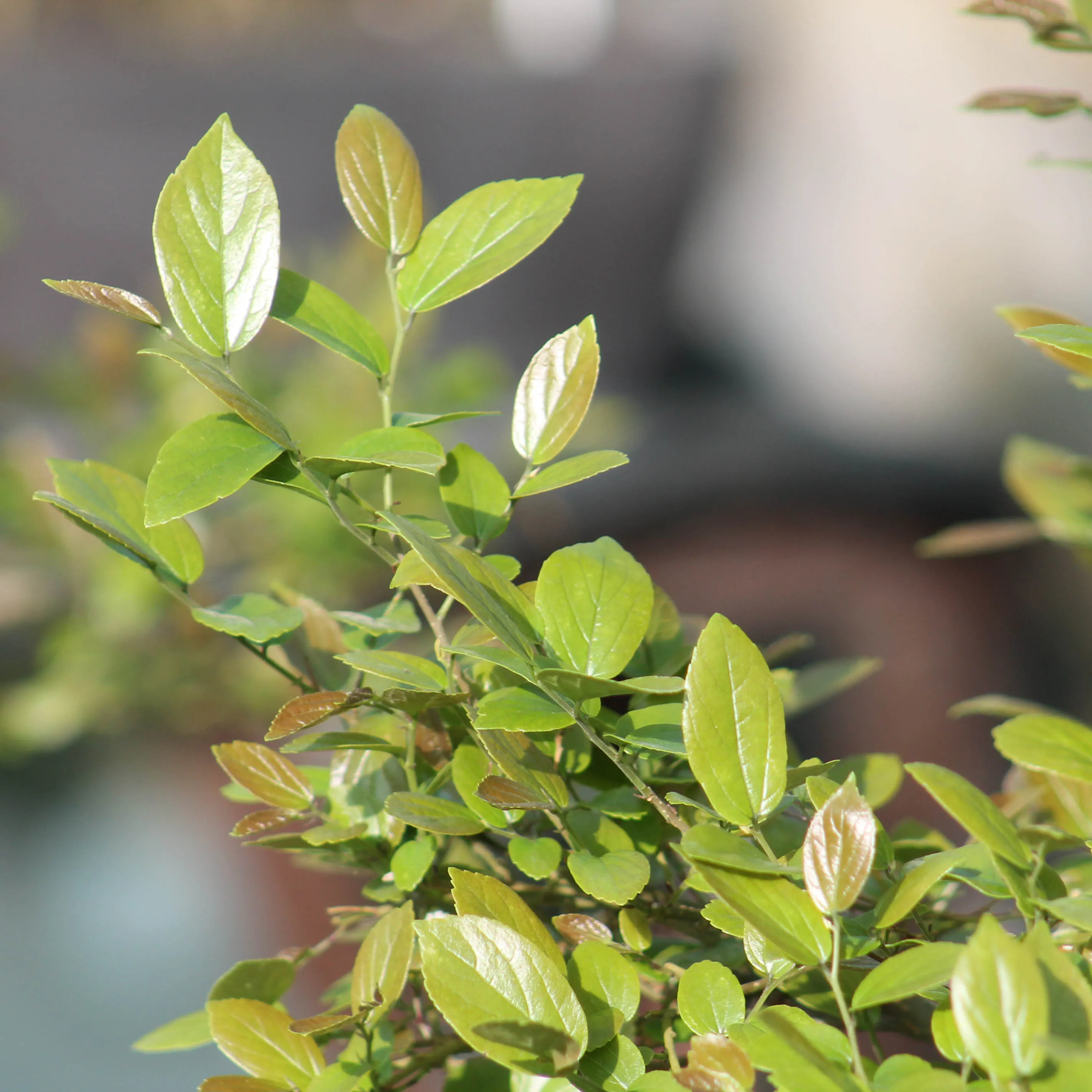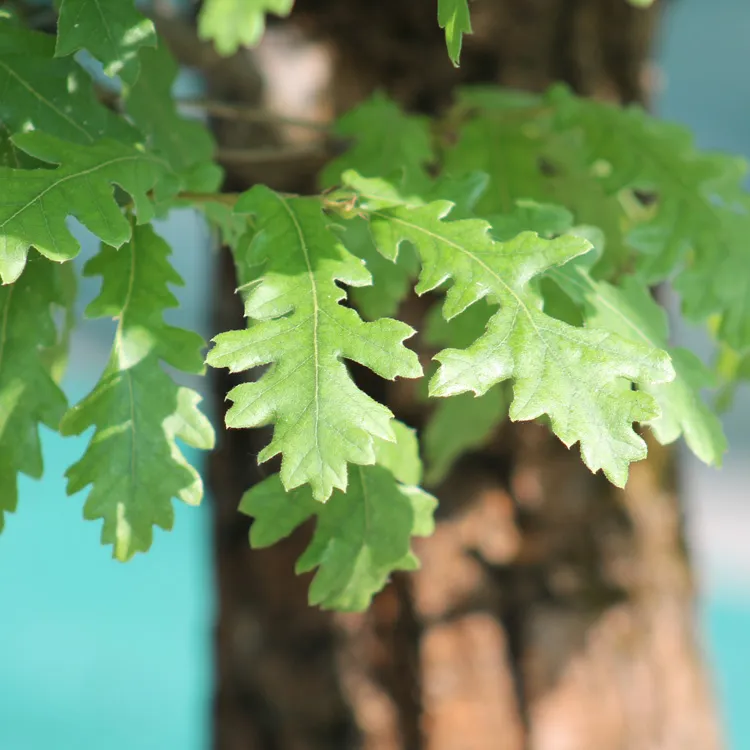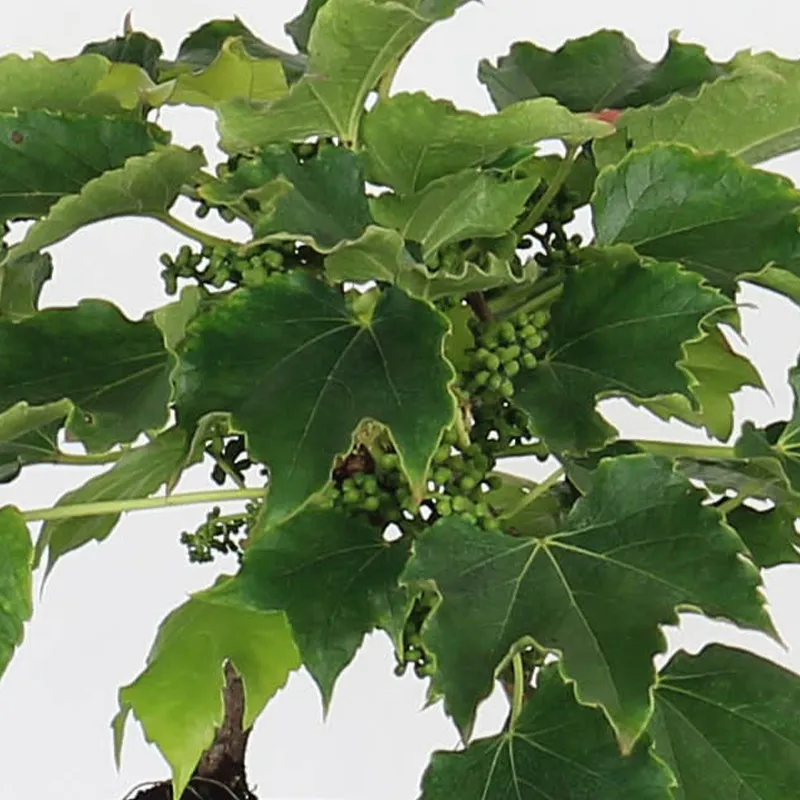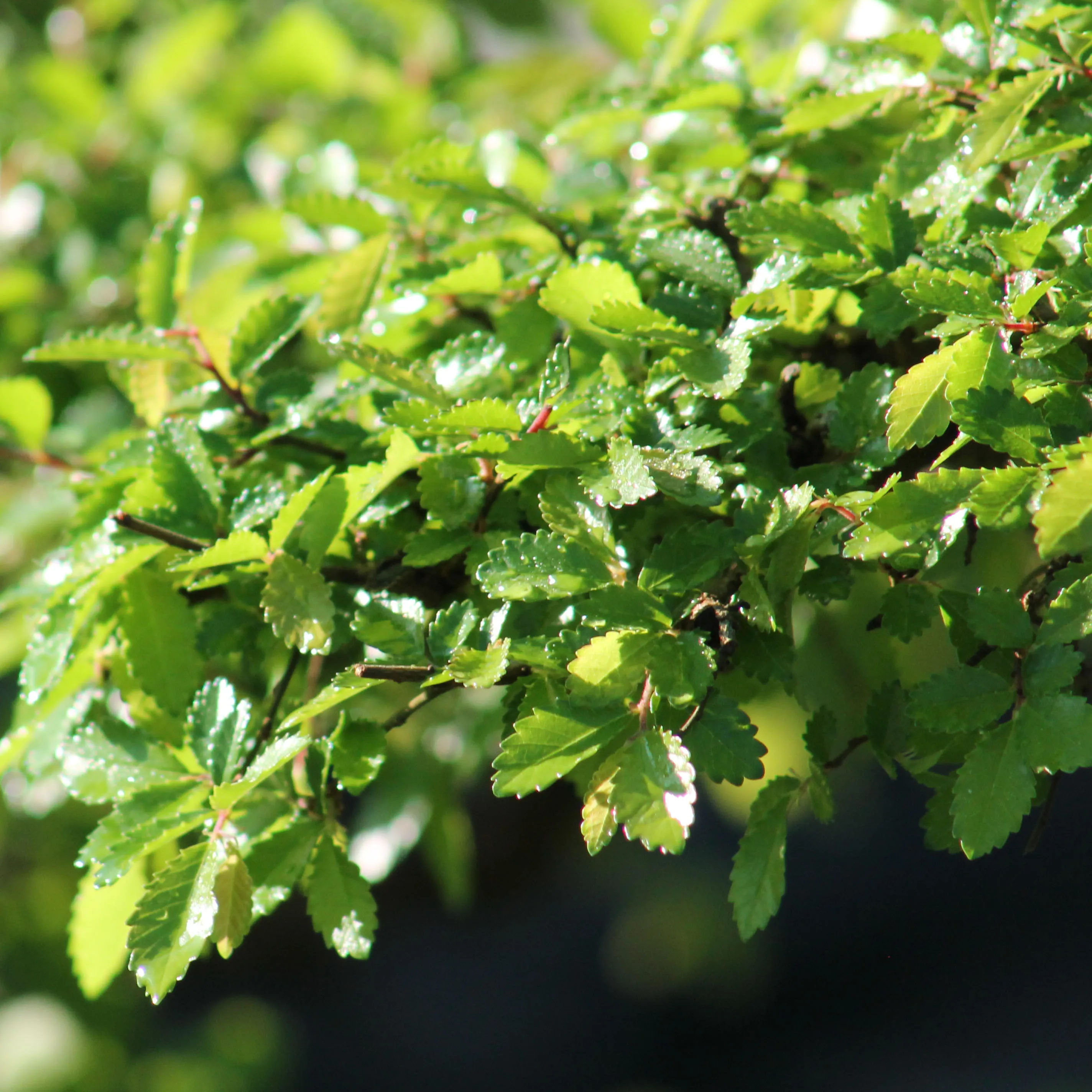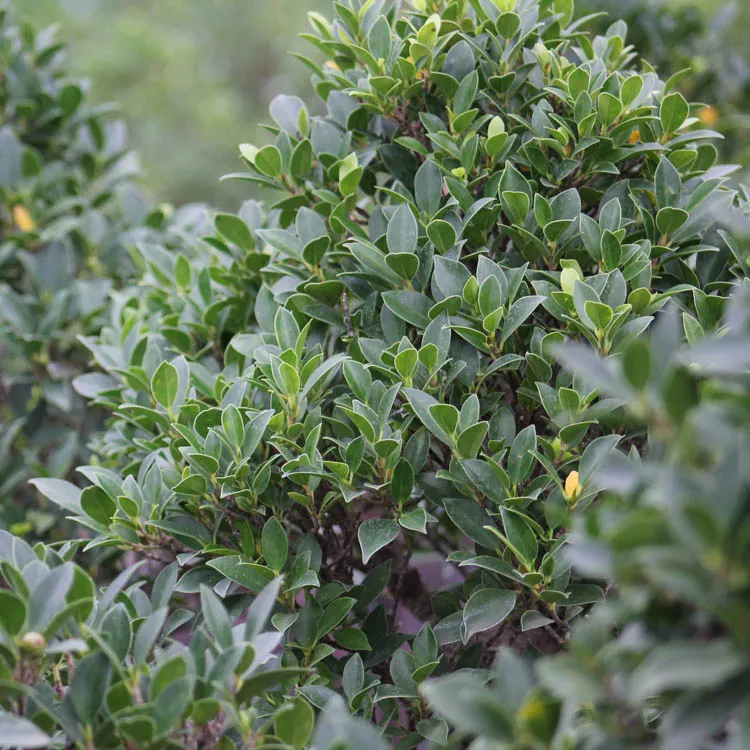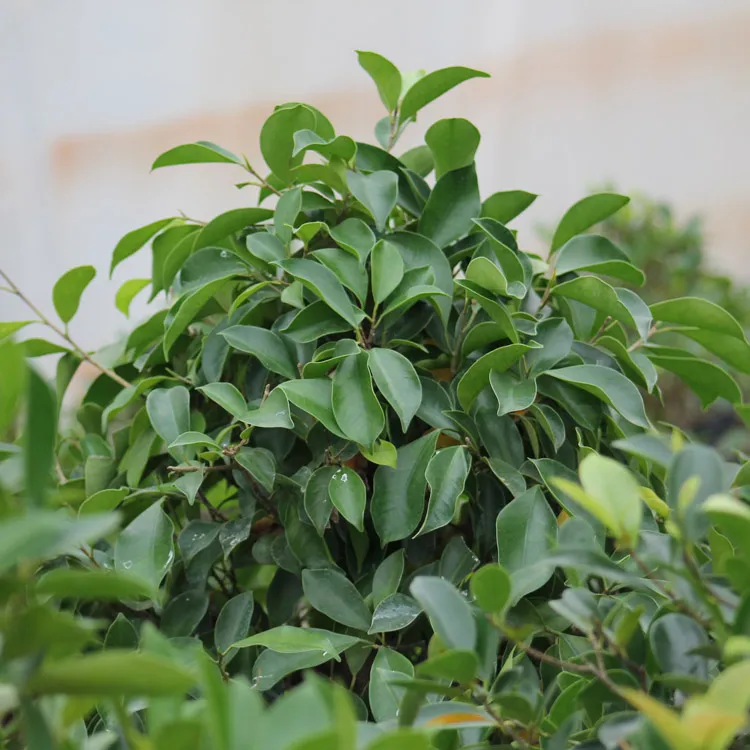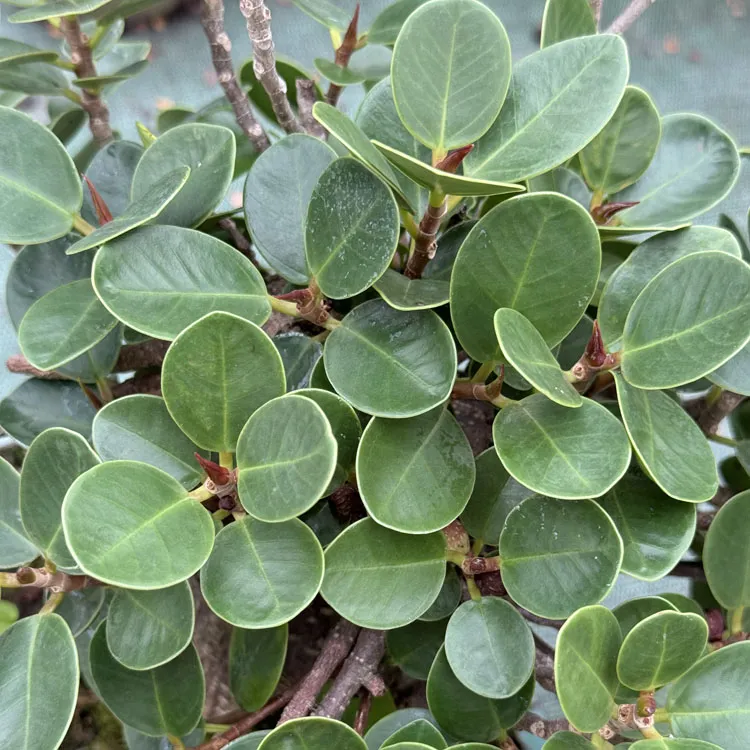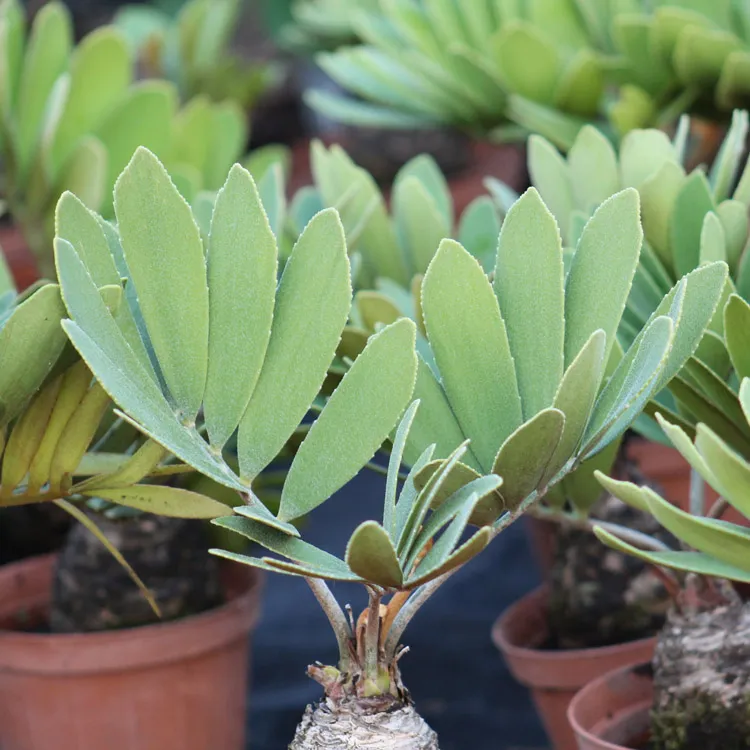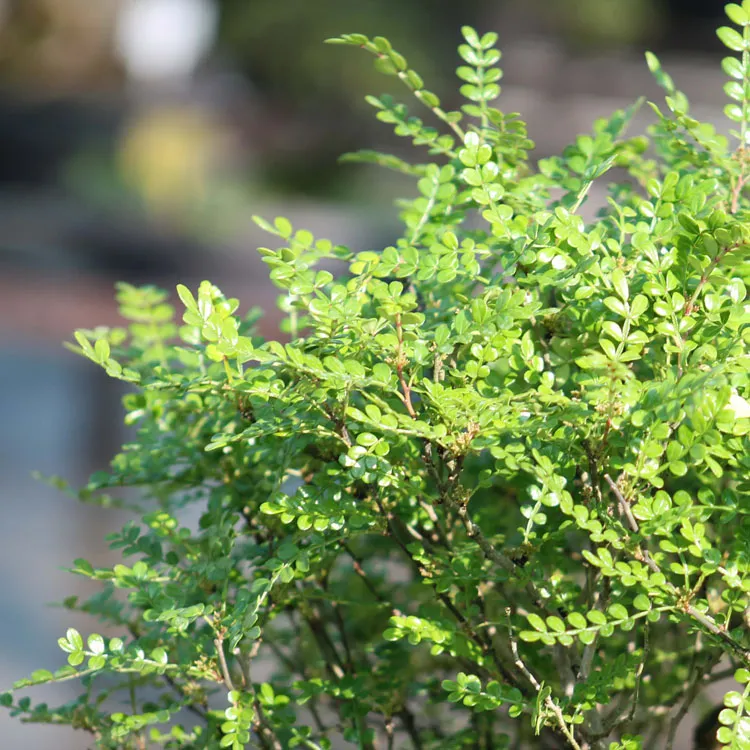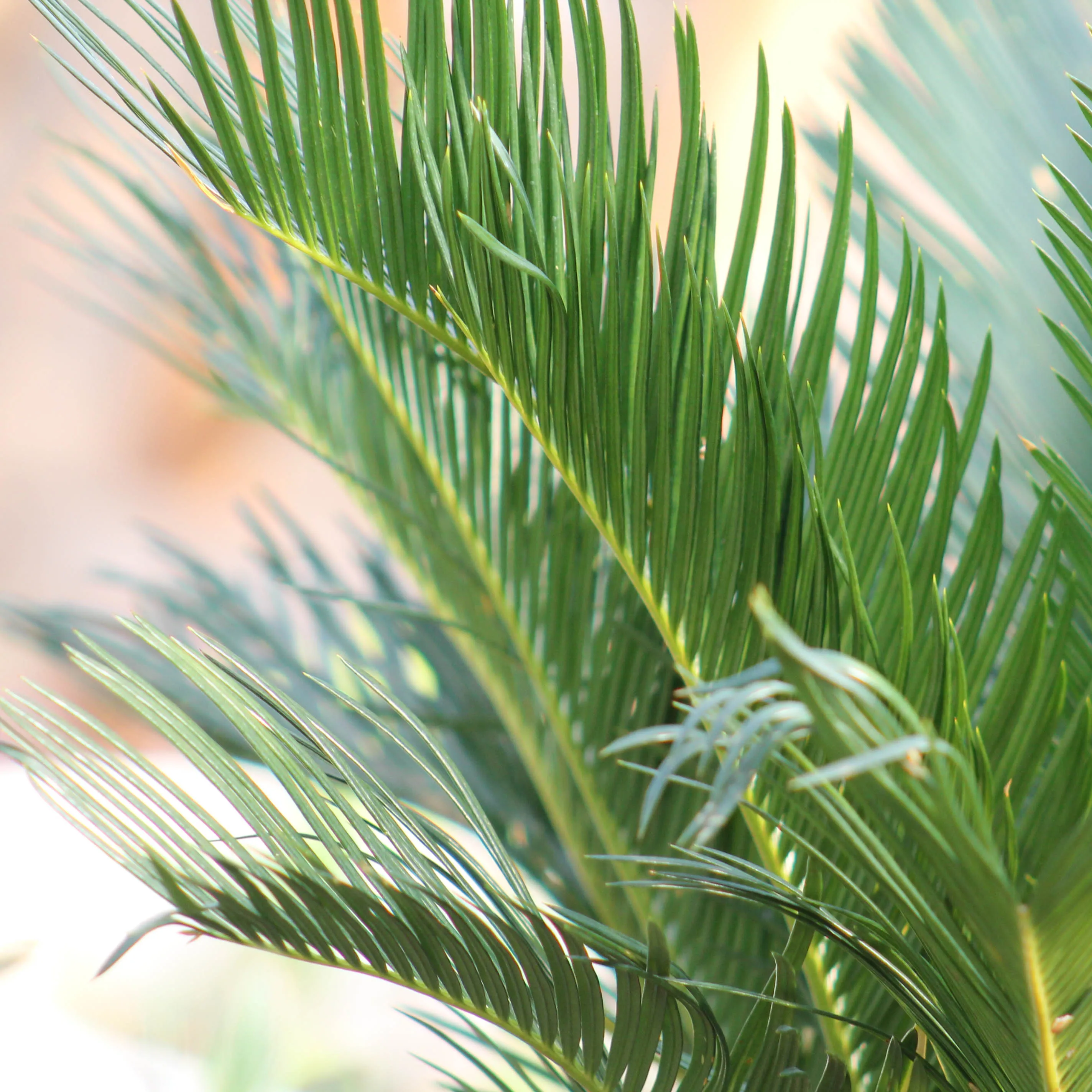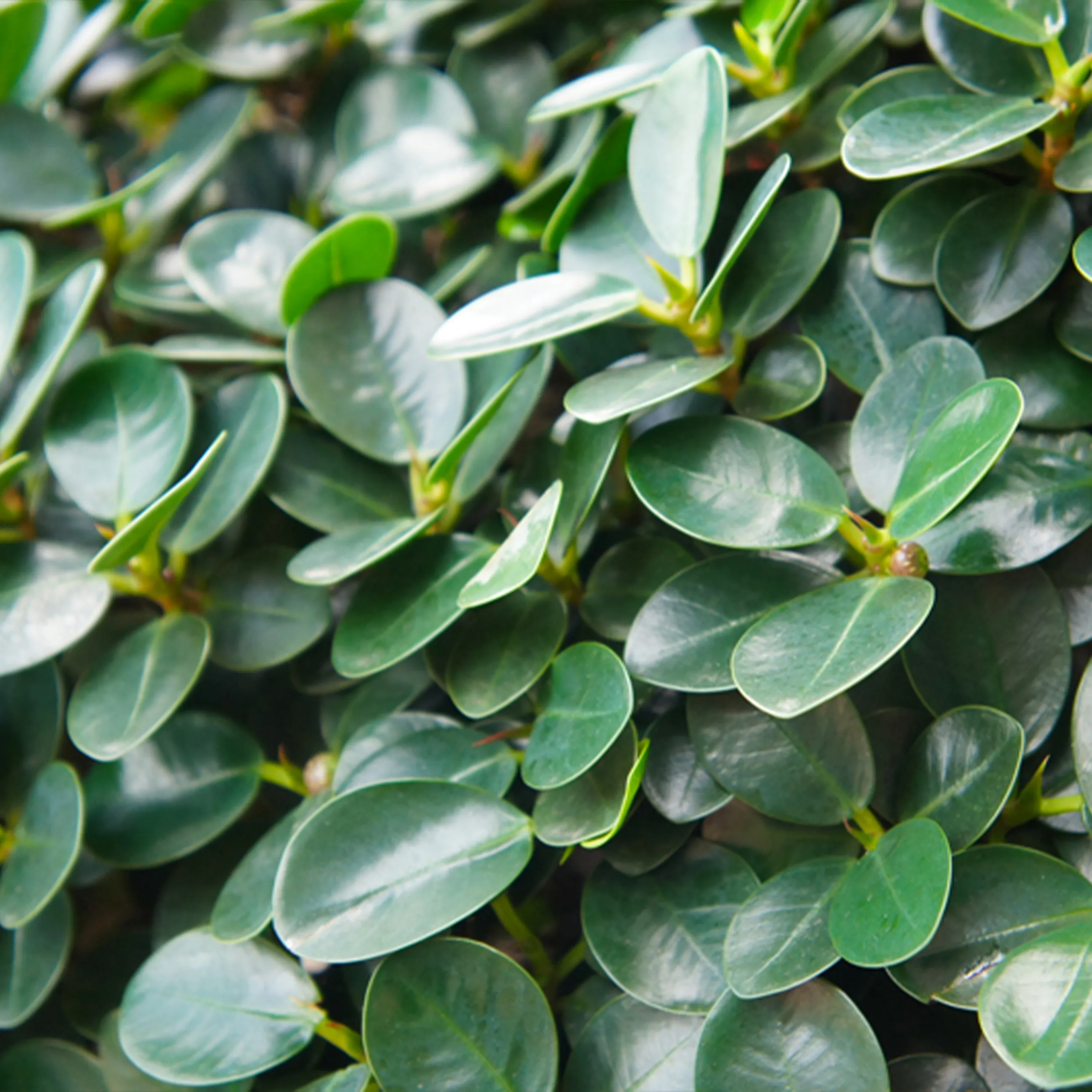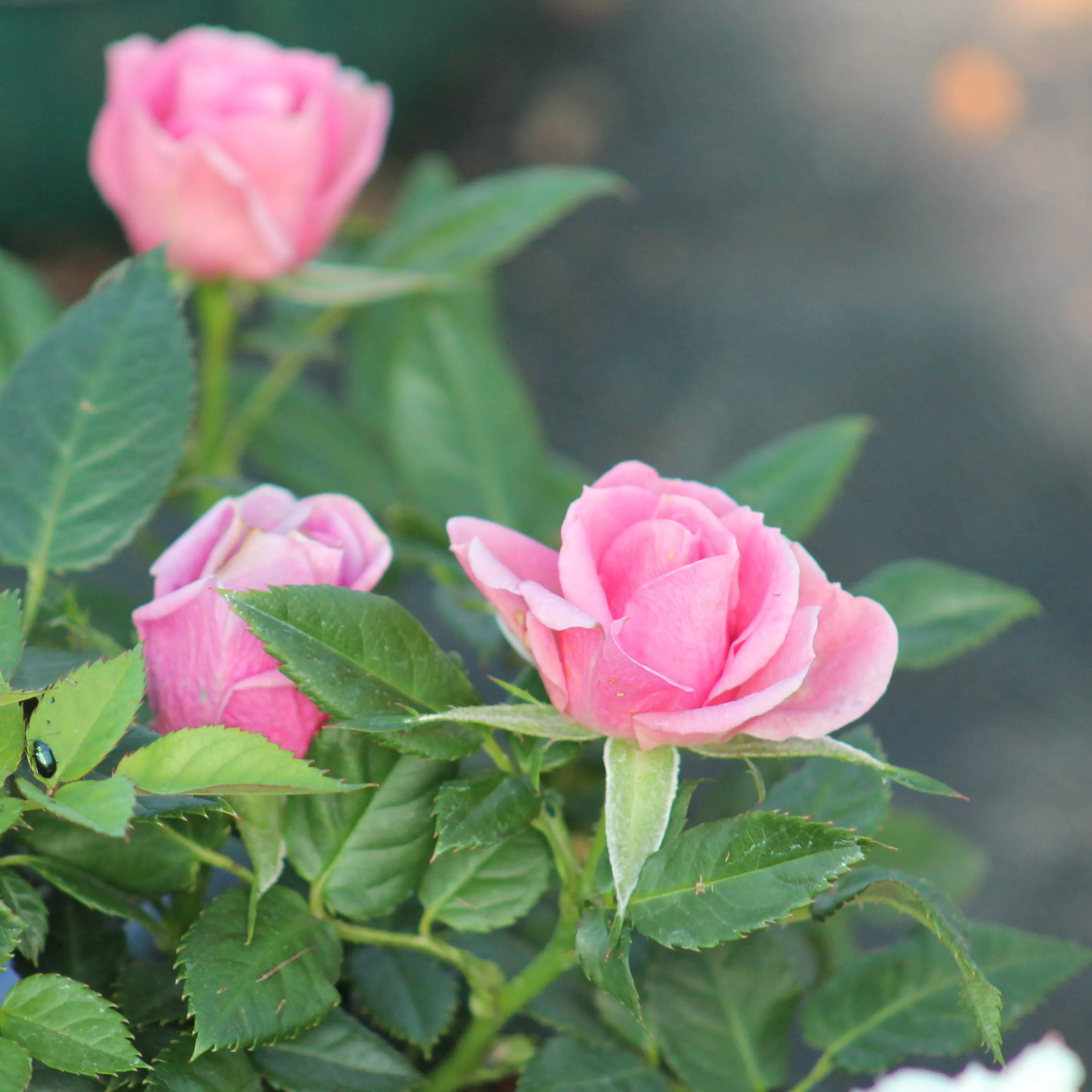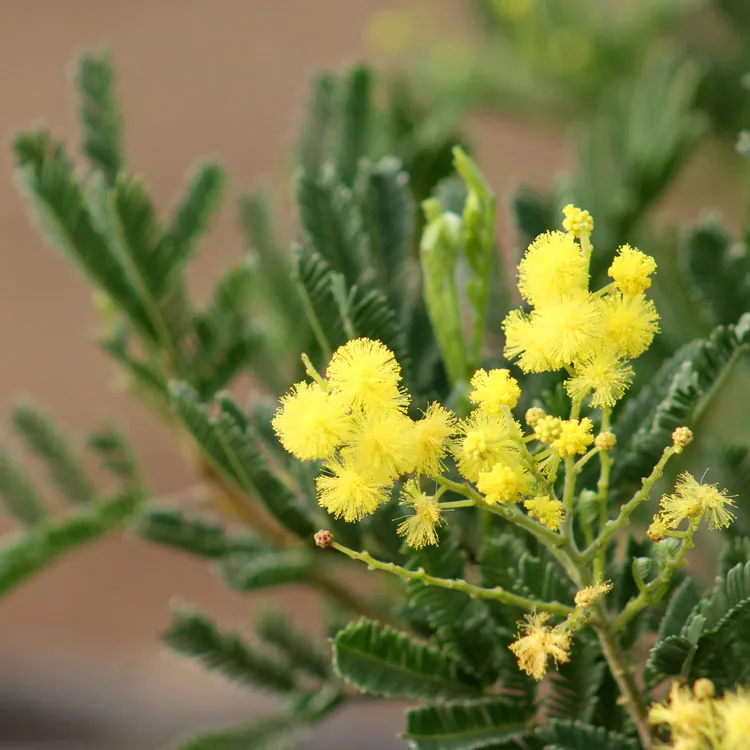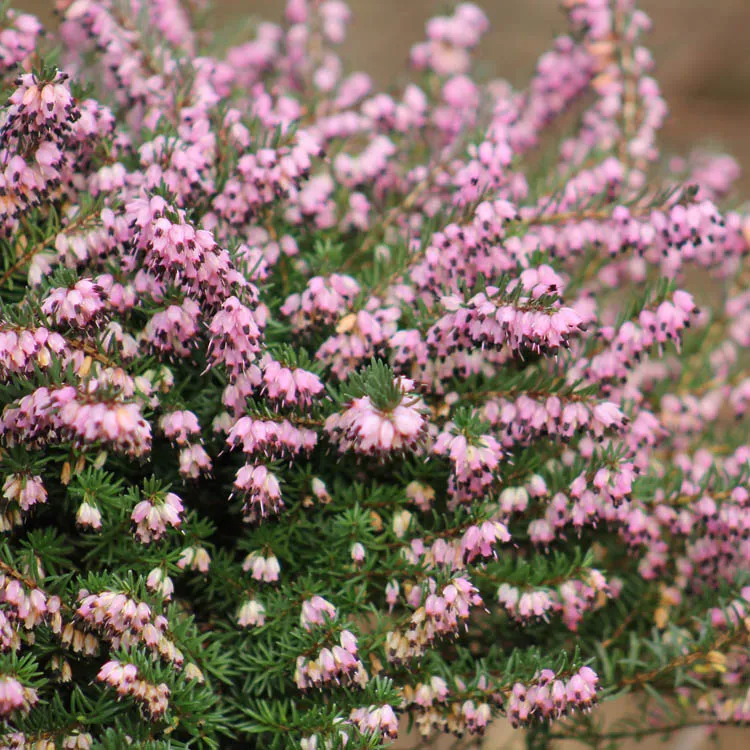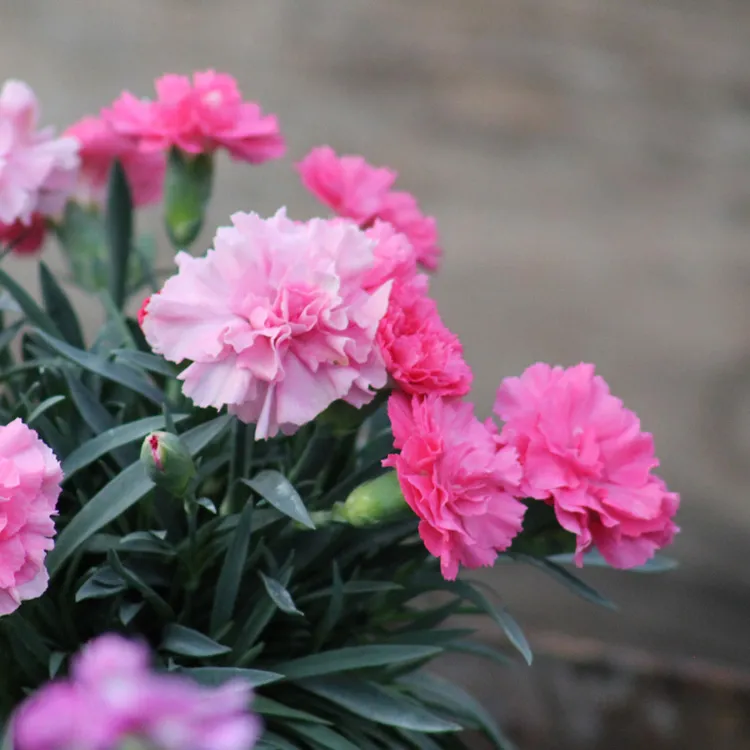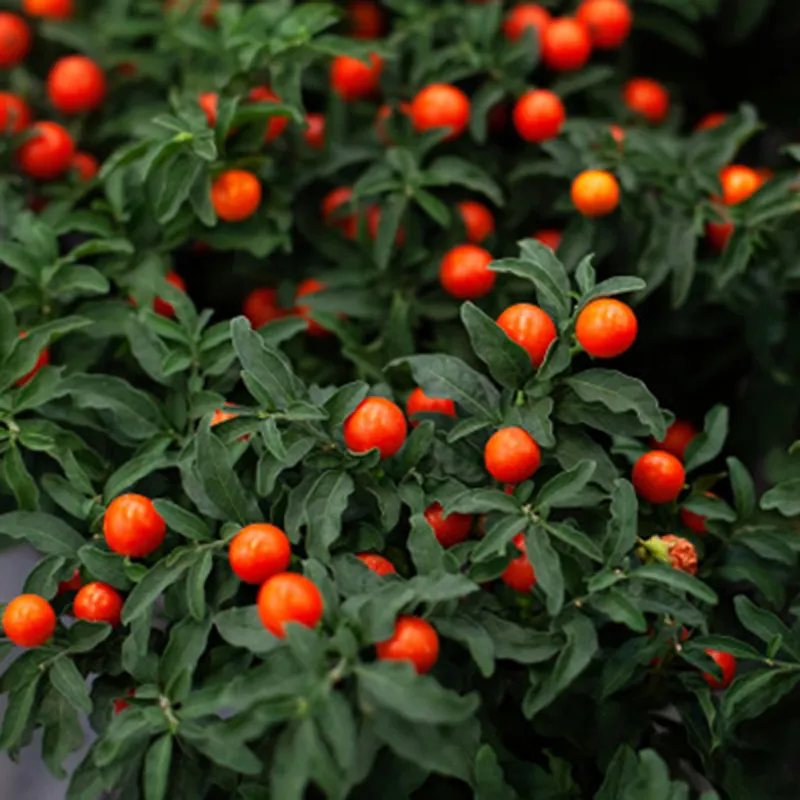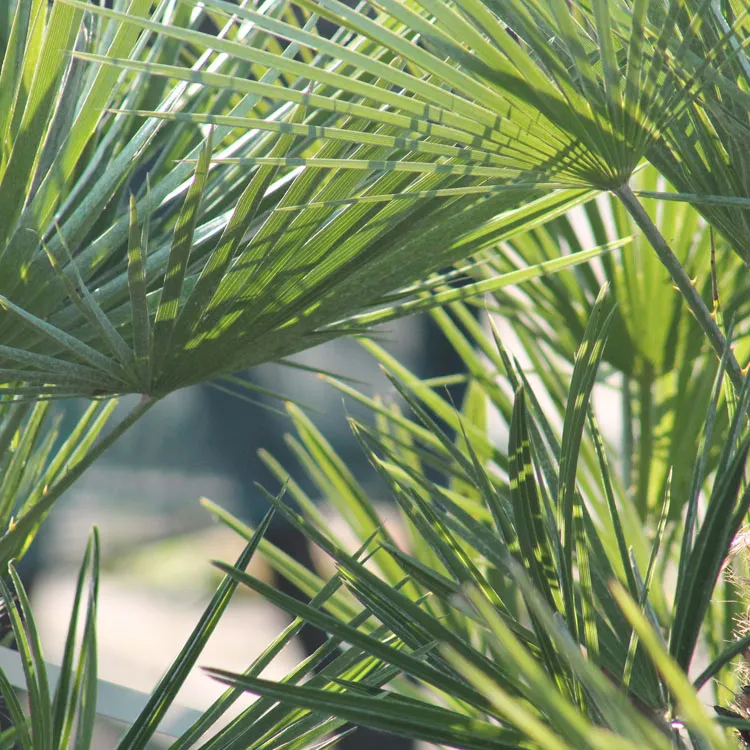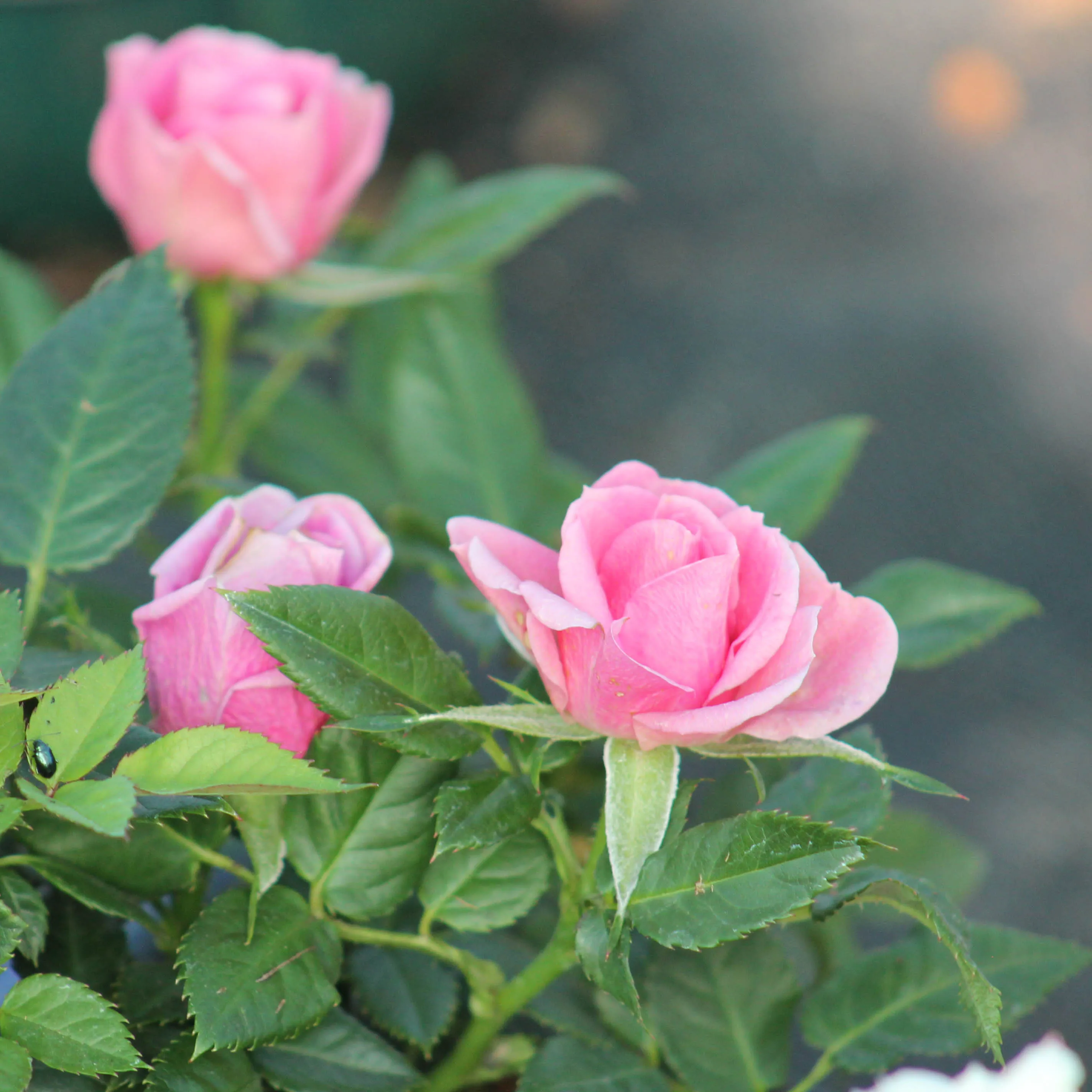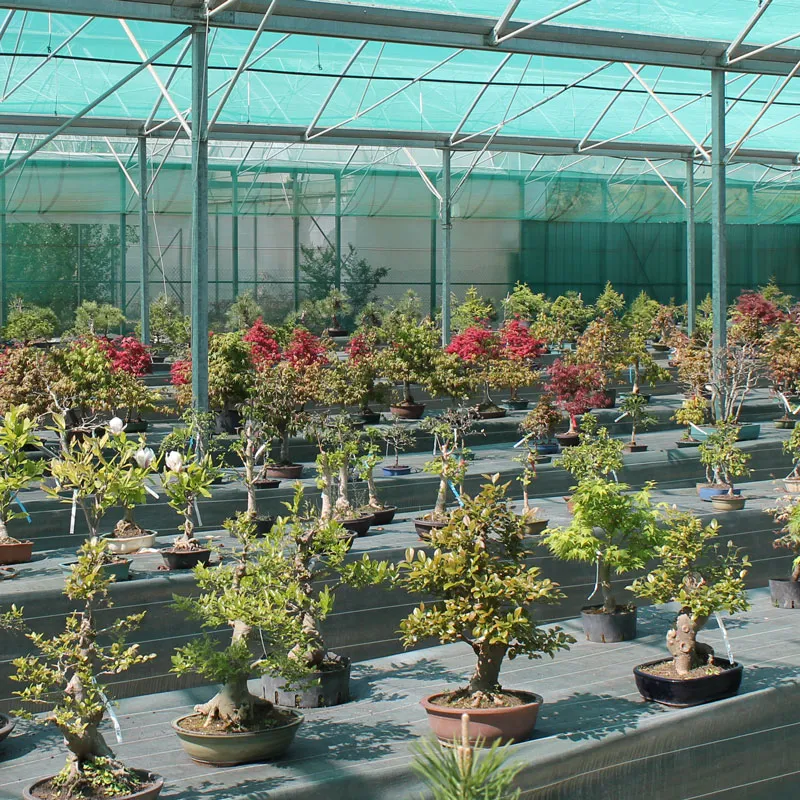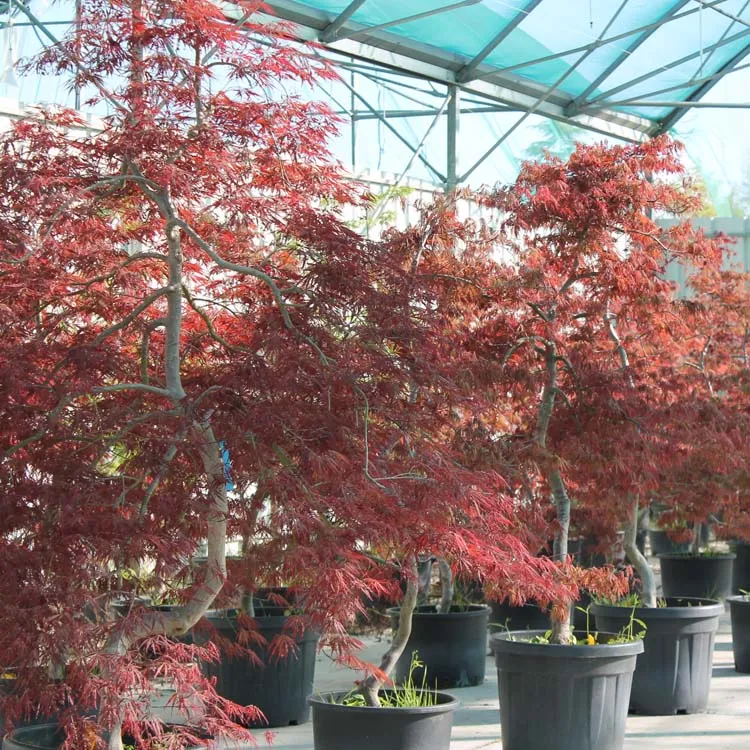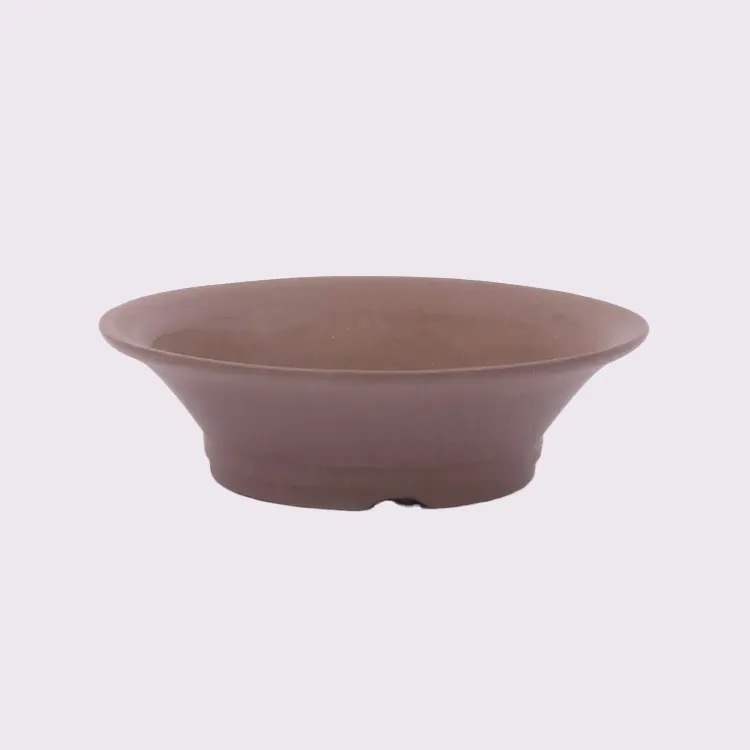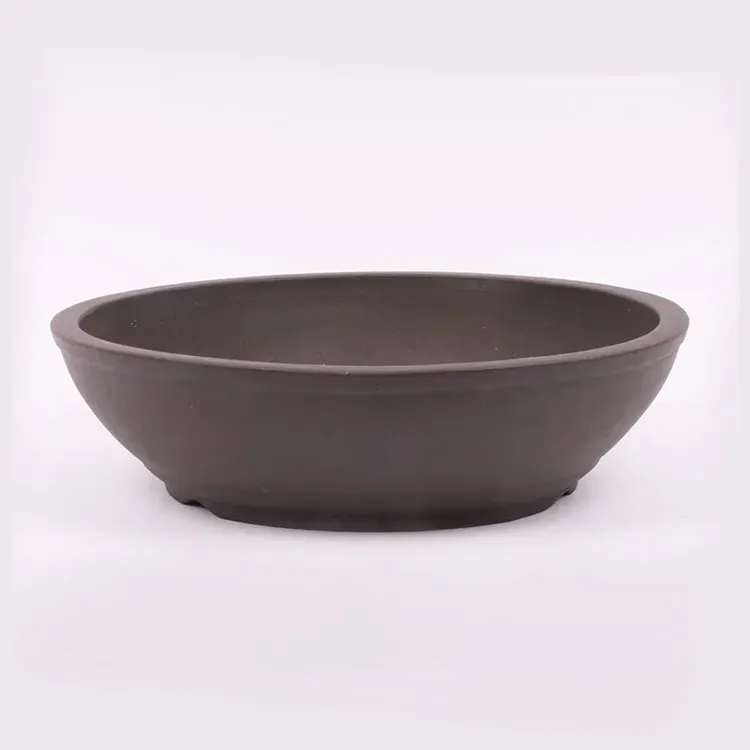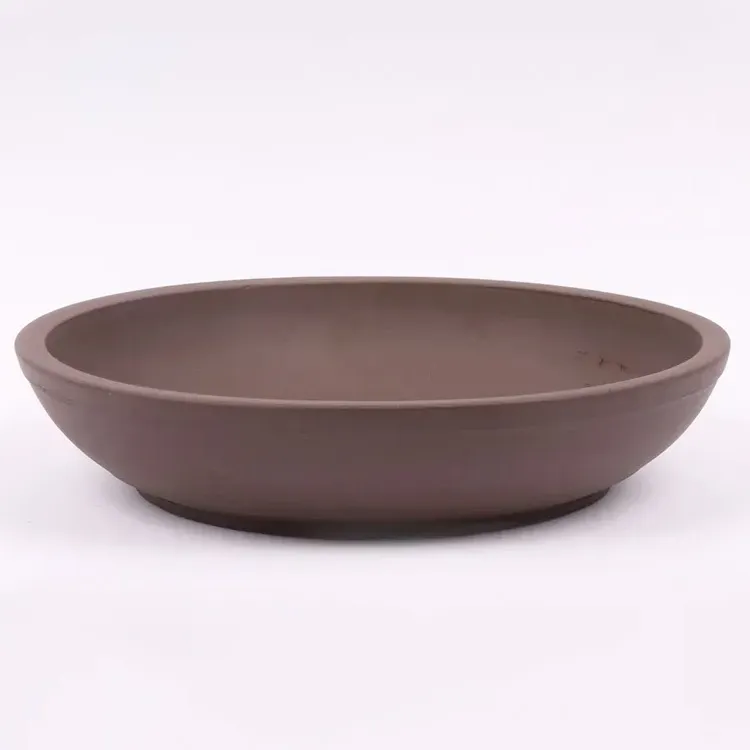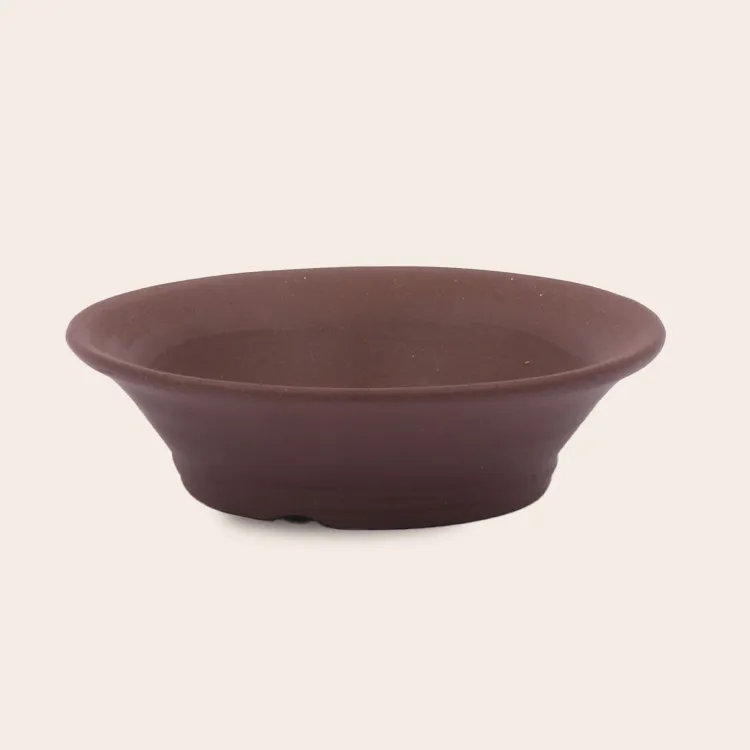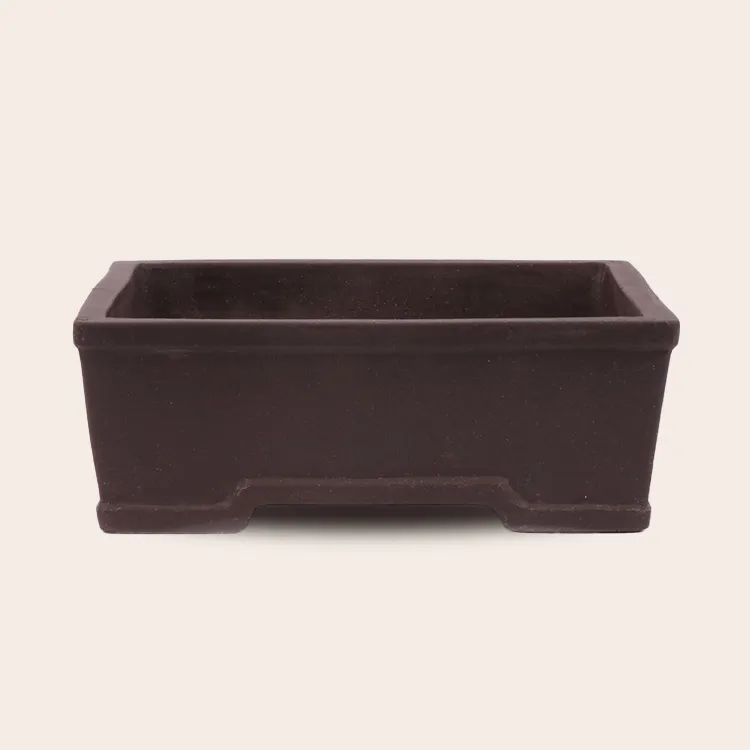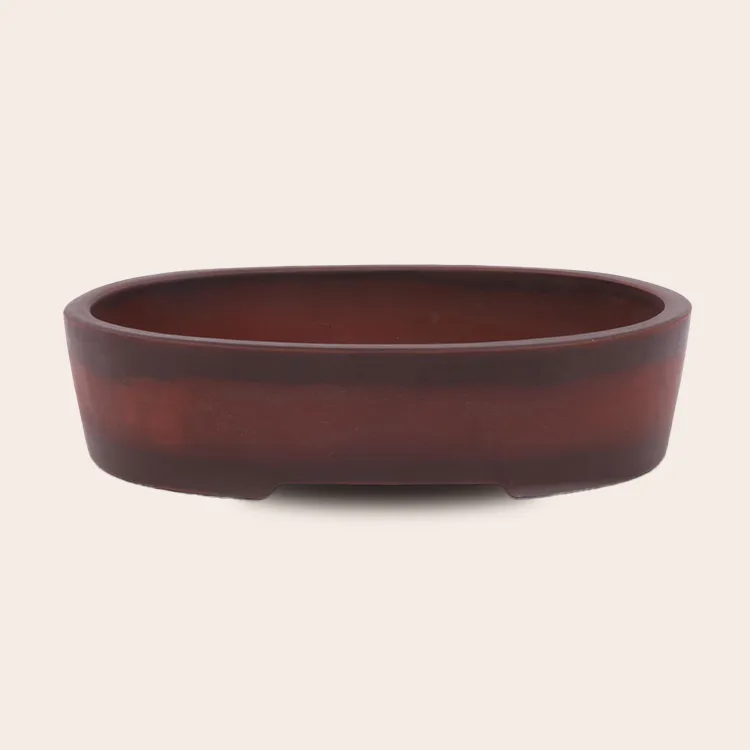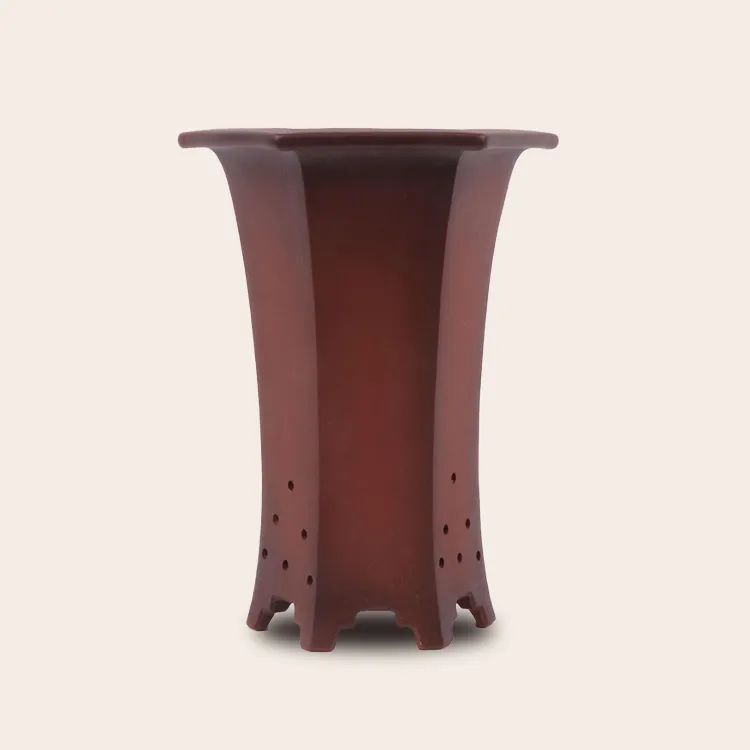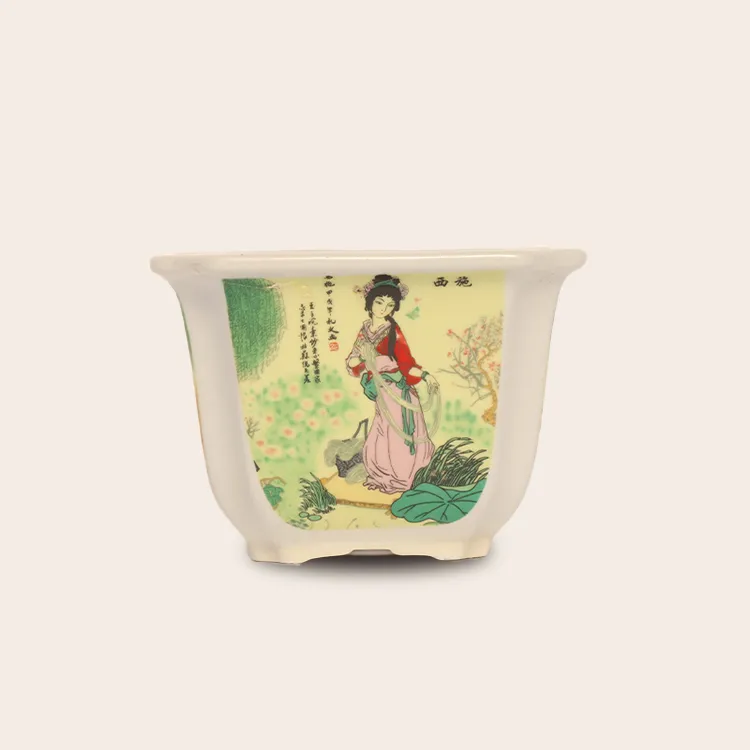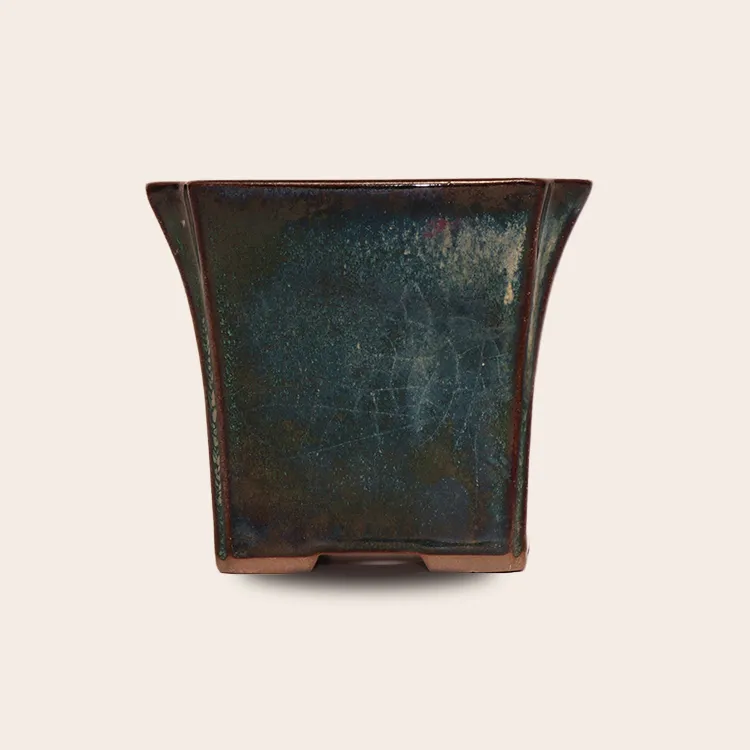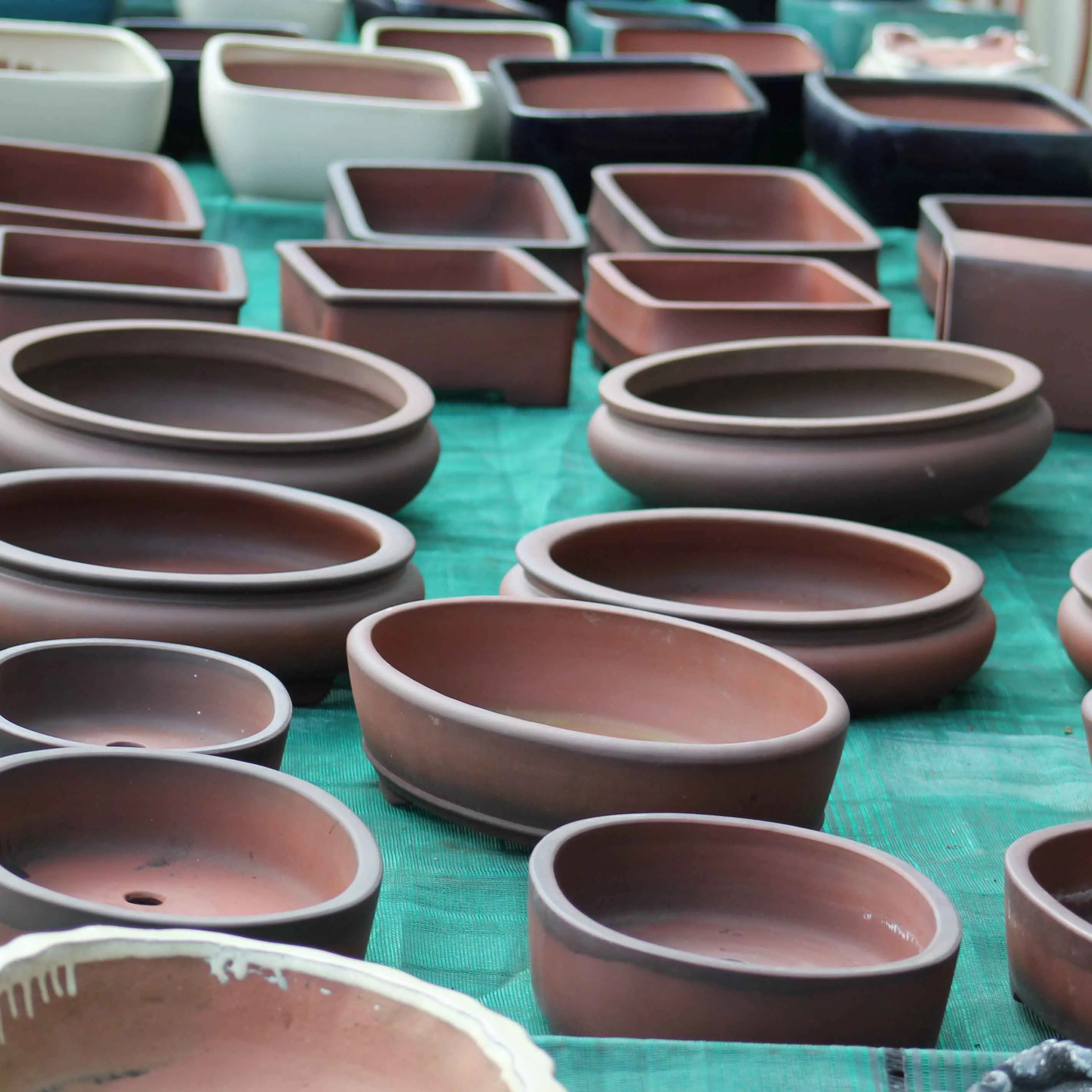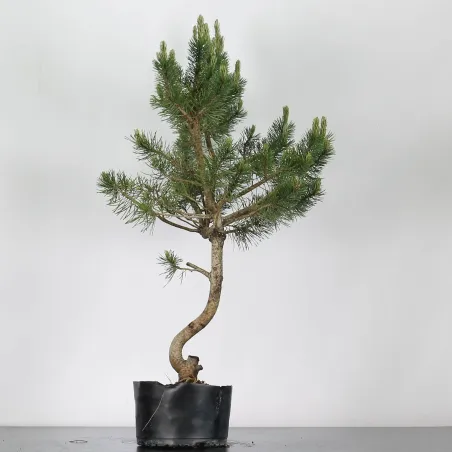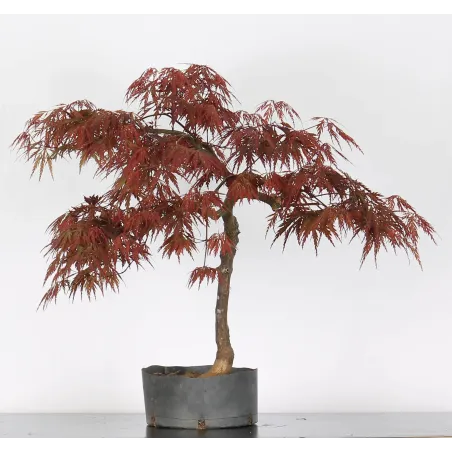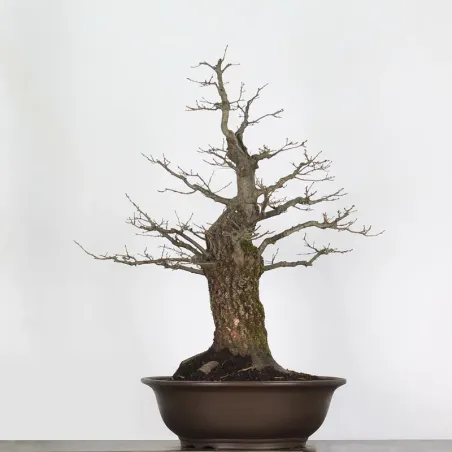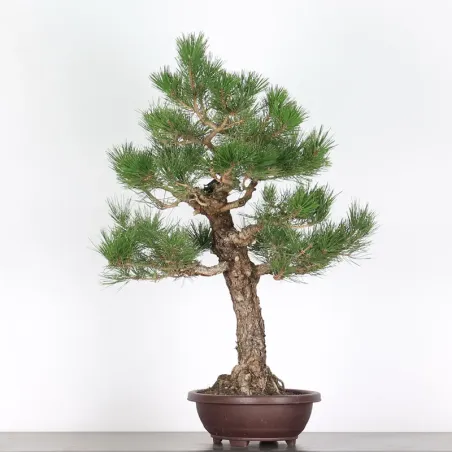In its natural environment, it is a mountainside tree exposed to cold, wind and sun. So you have to leave it outside all year round and it doesn't require any special protection.
 English
en
English
en
Bonsai
Bonsai pinus mugo 1-9
The mugo pine bonsai, also known as mountain pine, is very easy to grow. It naturally produces small needles and densifies very well, making it possible to create extraordinary bonsai trees. We've been growing it in our nursery for 30 years, and it's a very interesting pine to work with and train.
- Photos taken in march 2025
Mugo pine in bonsai
Here is a variety of pine that deserves more attention than the Asian varieties. It grows naturally in mountainous and rocky areas and also thrives in plains and pots! It grows slowly, but we have been growing it at the nursery for a very long time. It makes small needles of a beautiful green and easily rebuds back to form beautiful plateaus.
+ Family: Pinaceae
+ Origin: Central and Southern Europe
+ Deep green needle grouped in pairs
+ Seedlings grown in the ground and then in pots
» All the tips for caring for a mugo pine in bonsai
Growing Tips
The mugo pine grows quite slowly and it only grows once a year. In spring, the buds swell, candles rise and the needles appear. If you prune this year's shoot, you won't get a second bud. Buds may form on the twigs but needles will not form until the following spring. Note that it is absolutely necessary to leave needles/buds on a branch, if you cut everything off it will not rebud backwards like on a deciduous tree.
How does the delivery work?
We ship bonsai throughout France and neighbouring countries that are part of the EU.
Each bonsai is individually wrapped in a wooden box, with the pot securely attached to avoid any risk of breakage of the pottery or branching.
Depending on the size and/or weight, the shipment is made by La Poste or by specialized carrier (with appointment by SMS).
In order to prevent your bonsai from staying in transit for too long, shipments are never made on weekends or during heat waves.
Feel free to visit our delivery page to find out more.
The + of our bonsai nursery
The bonsai tree you see in the picture is really the one you are going to receive. To find out the dimension, refer to the scale on the side. Each product is unique and we take care to take photos that give you the most accurate preview possible of what you will receive.
All bonsai are produced in our large nursery in Lot-et-Garonne. They are therefore perfectly adapted to the climate of France, which is not always the case with Japanese imports.
We have more than 1000 bonsai trees for sale at the nursery and tens of thousands under cultivation and work. This site is only a meagre representation of our production, but it is impossible for us to put all our stock online. So if you're passing by, don't hesitate to visit us!

 Production of French Bonsai
Production of French Bonsai
